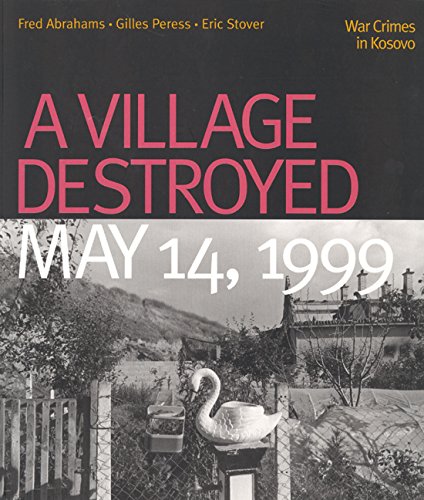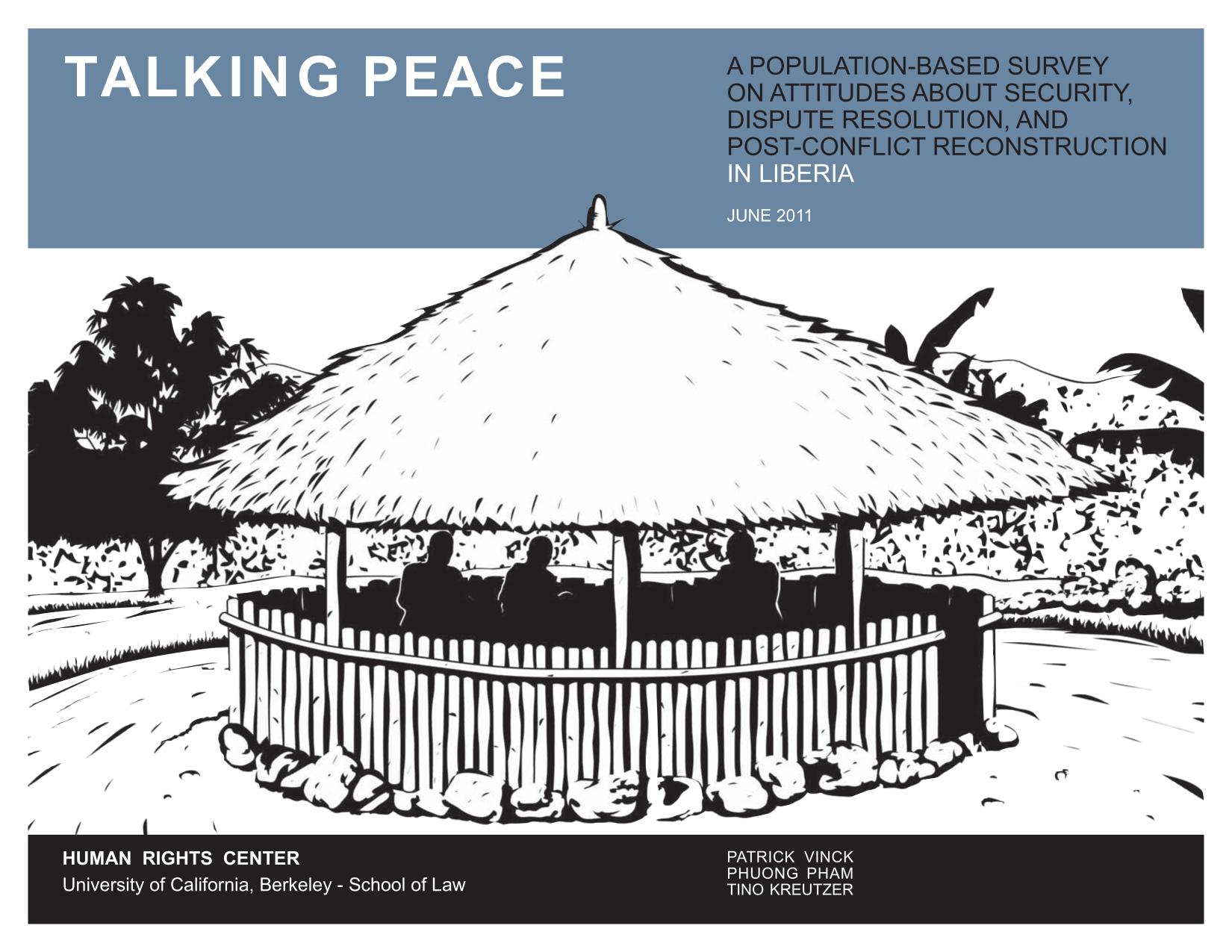Since its inception, the Human Rights Center has worked to understand the needs and attitudes of communities shaken by horrific, systemic violence. Whether in the form of targeted genocide or indiscriminate killing, our approach has been to work with both state-level and international justice mechanisms and local organizations, and has always centered the lived experience of survivors and witnesses.
Partners
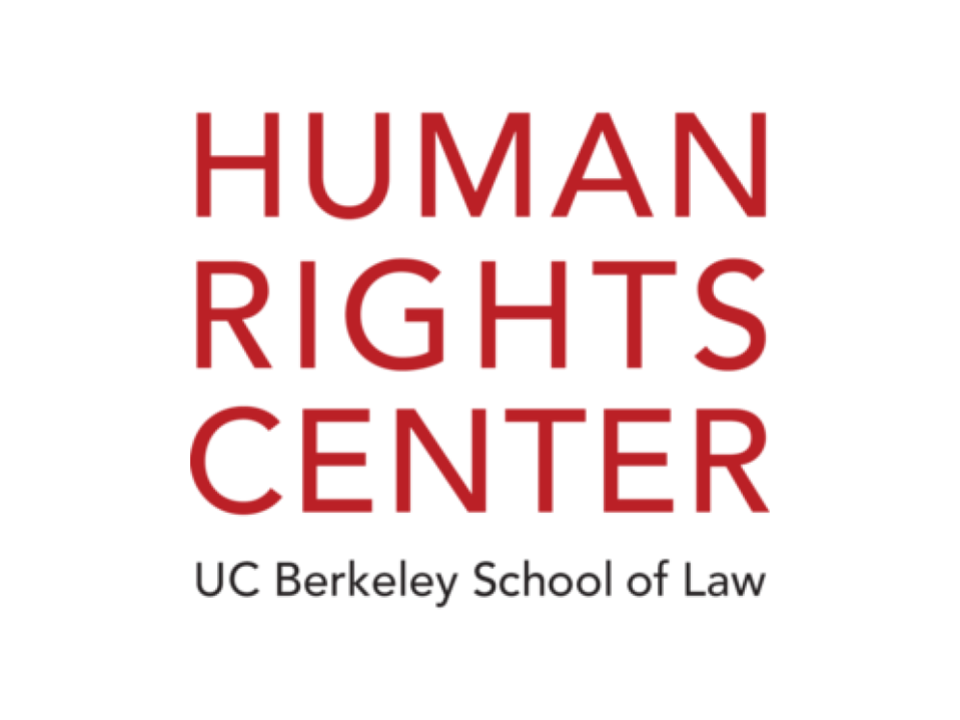
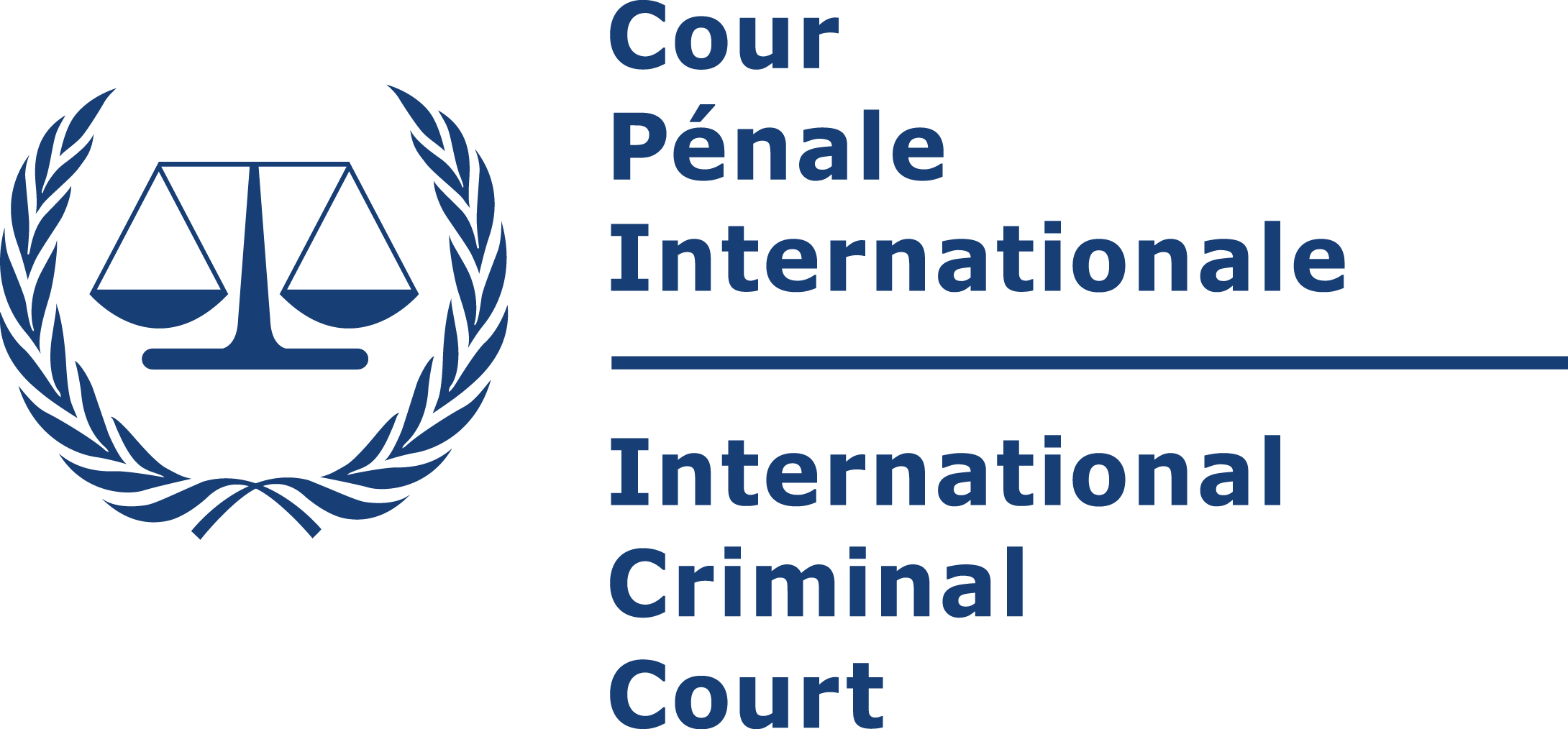
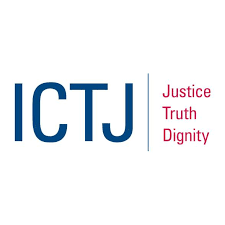
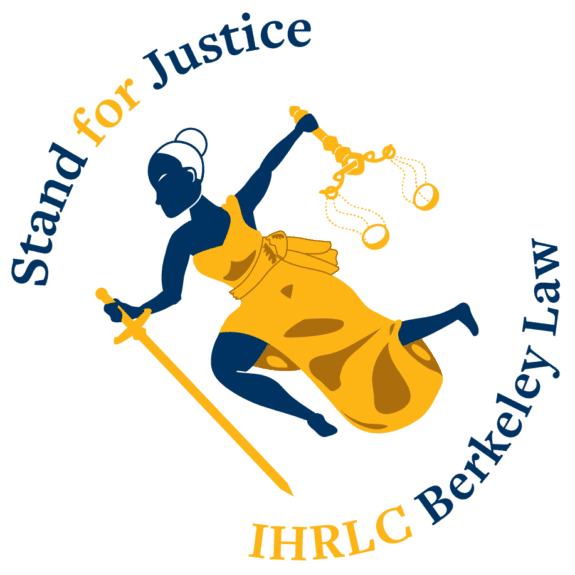

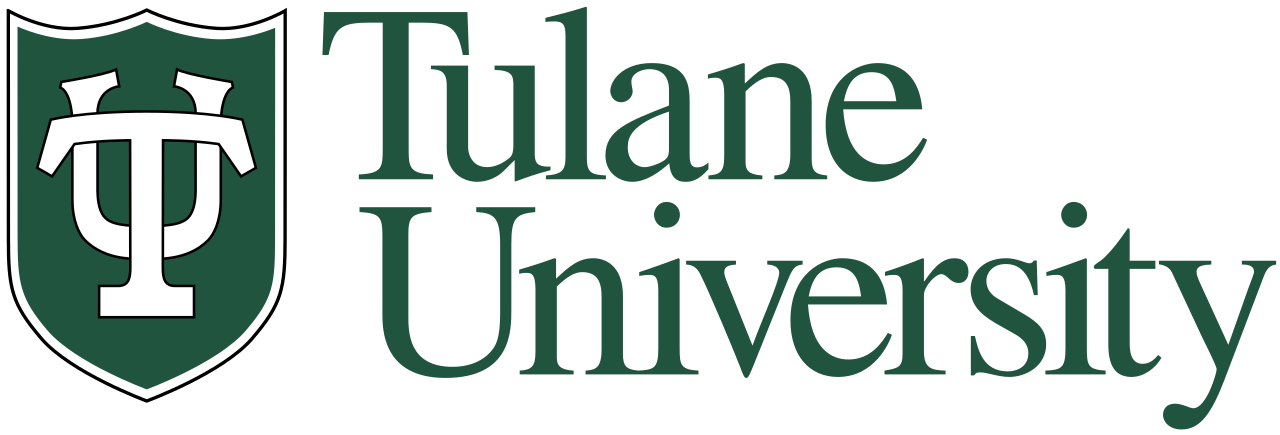

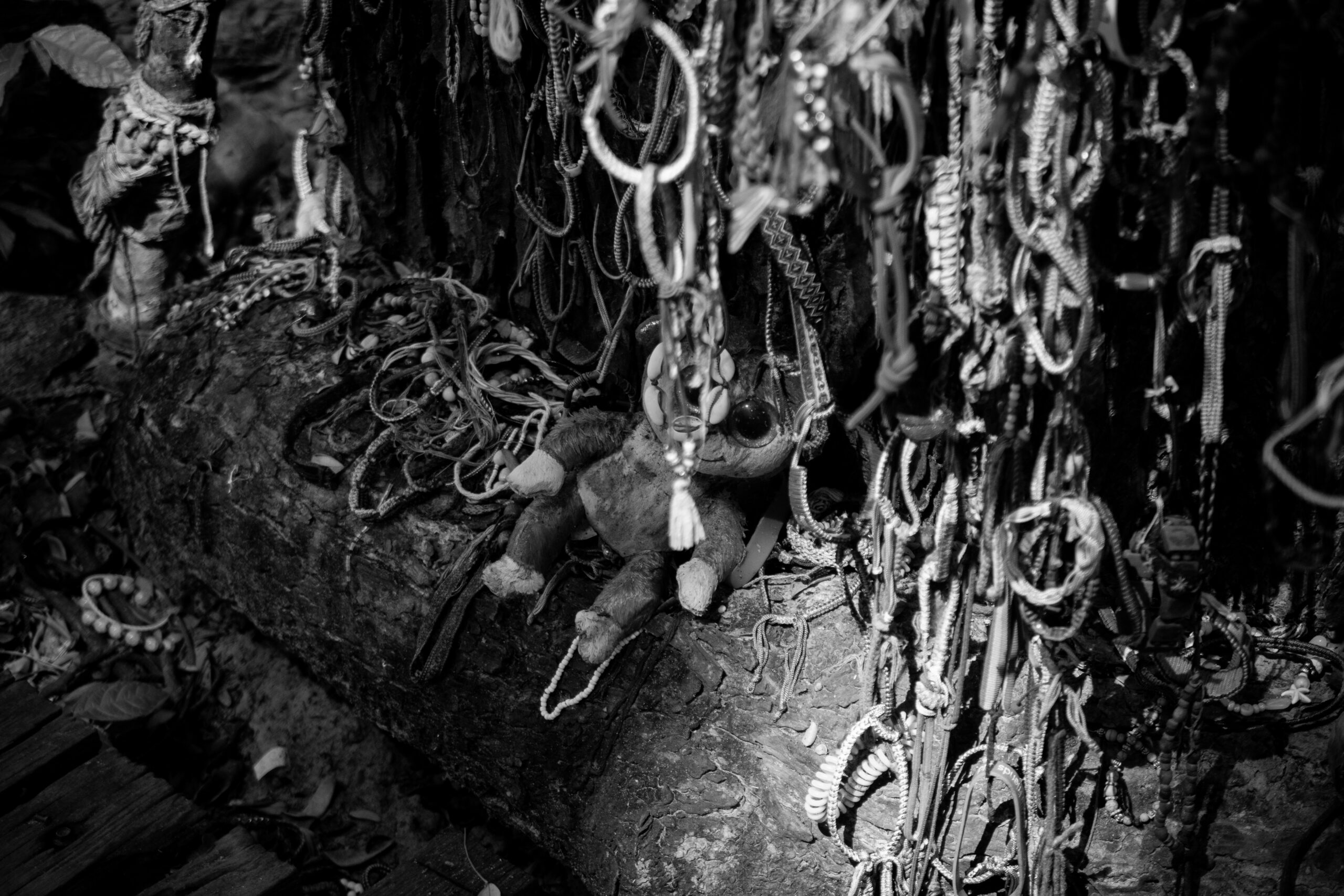
Cambodia
In power for just under four years (1975 to 1979), the Khmer Rouge more than decimated Cambodia. Between 1.5 million and 3 million Cambodians were killed or died as a result of the oppressive policies imposed by the Khmer Rouge, with execution, starvation, exhaustion from slave labor, malnutrition, and torture as the leading causes of death. During the years of the Extraordinary Chambers in the Courts of Cambodia, HRC conducted numerous population-based surveys on attitudes toward peace, justice, and social reconstruction in Cambodia, as well as responses to the tribunal by the Cambodian people.
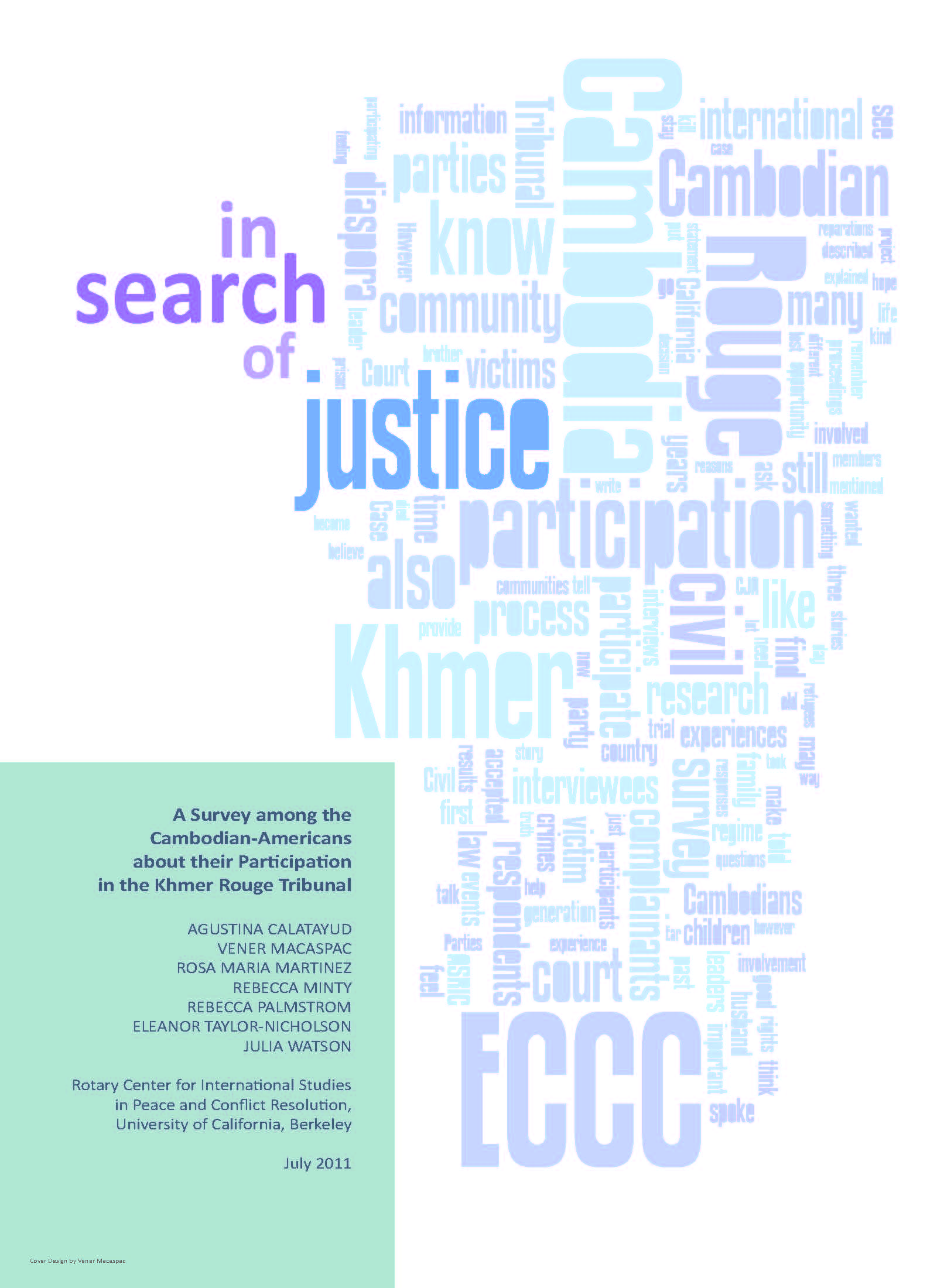
July 1, 2011
In Search of Justice: A Survey among Cambodian-Americans about their Participation in the Khmer Rouge Tribunal
View Publication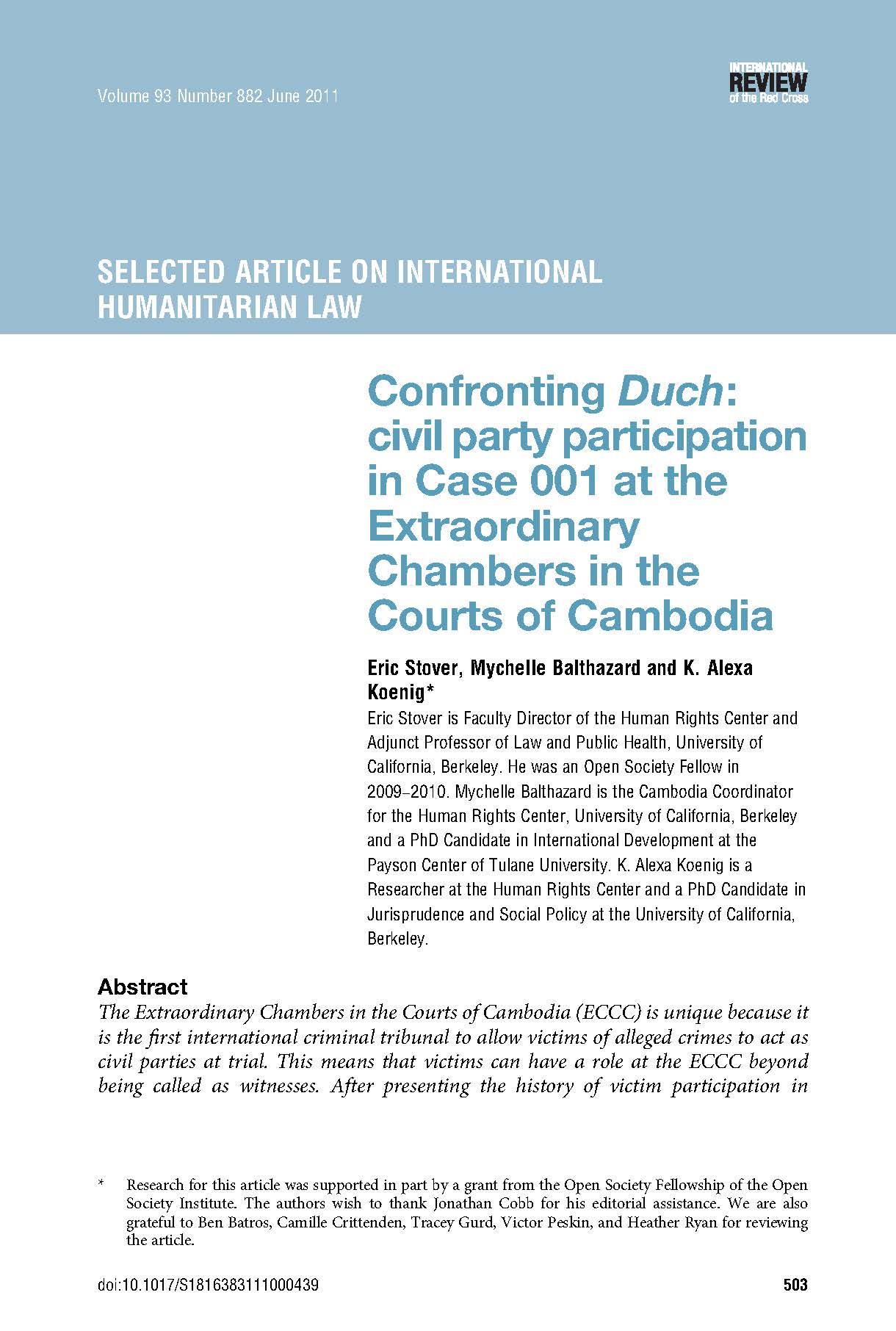
June 30, 2011
Confronting Duch: Civil Party Participation in Case 001 at the Extraordinary Chambers in the Courts of Cambodia
View Publication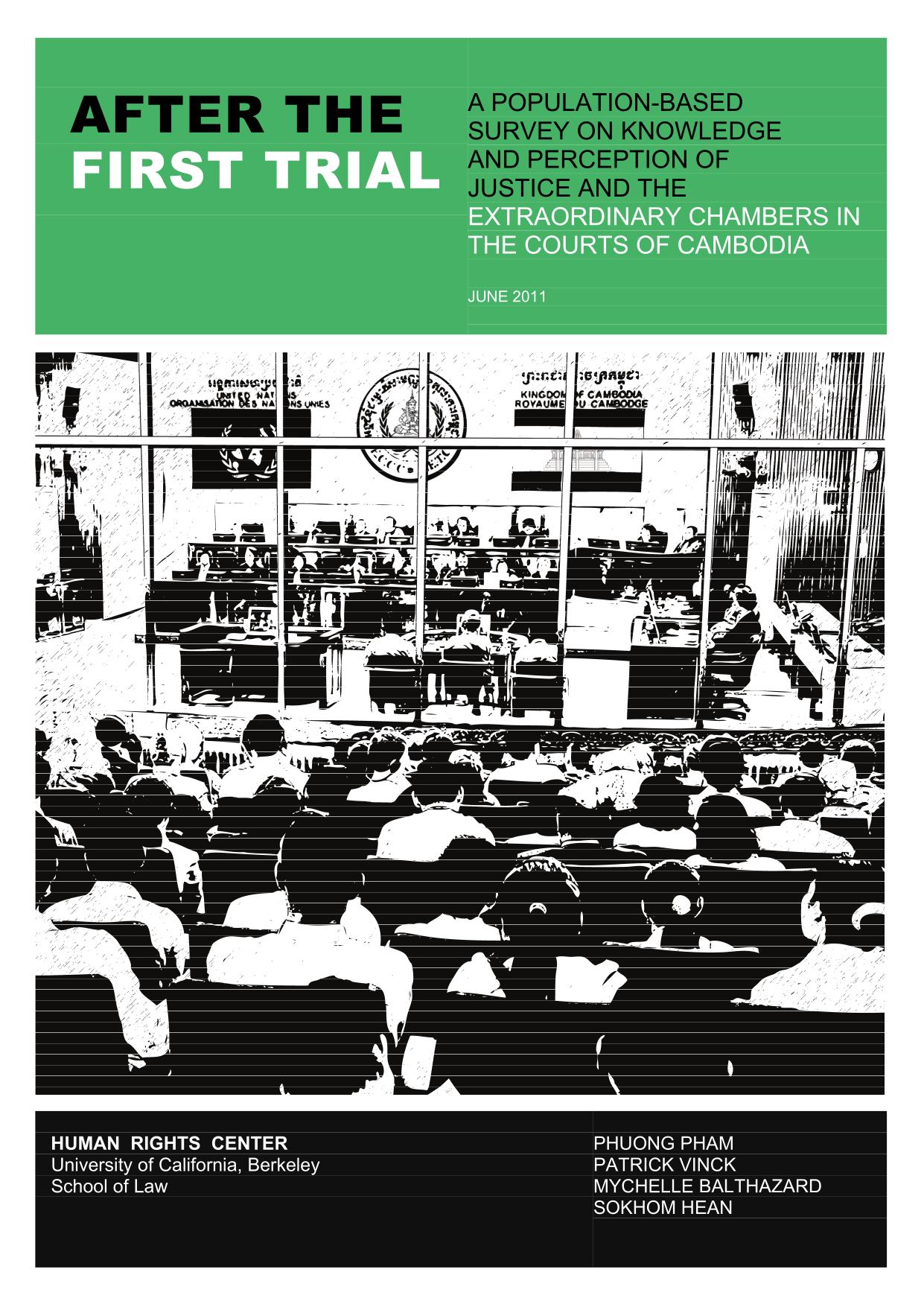
June 1, 2011
After the First Trial: A Population-Based Survey on Knowledge and Perception of Justice and the Extraordinary Chambers in the Courts of Cambodia
View Publication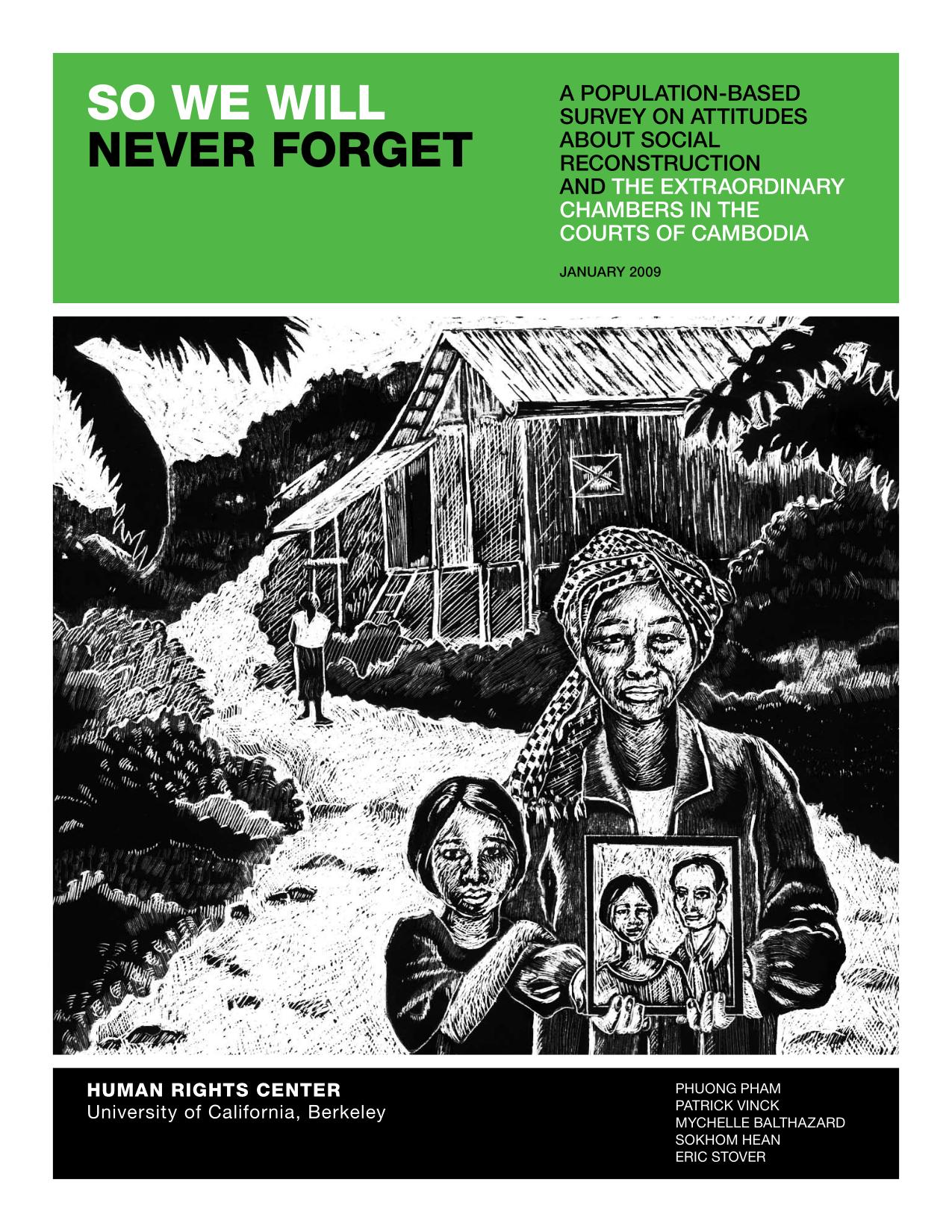
January 1, 2009
So We Will Never Forget: A Population-Based Survey on Attitudes about Social Reconstruction and the Extraordinary Chambers in the Courts of Cambodia
View Publication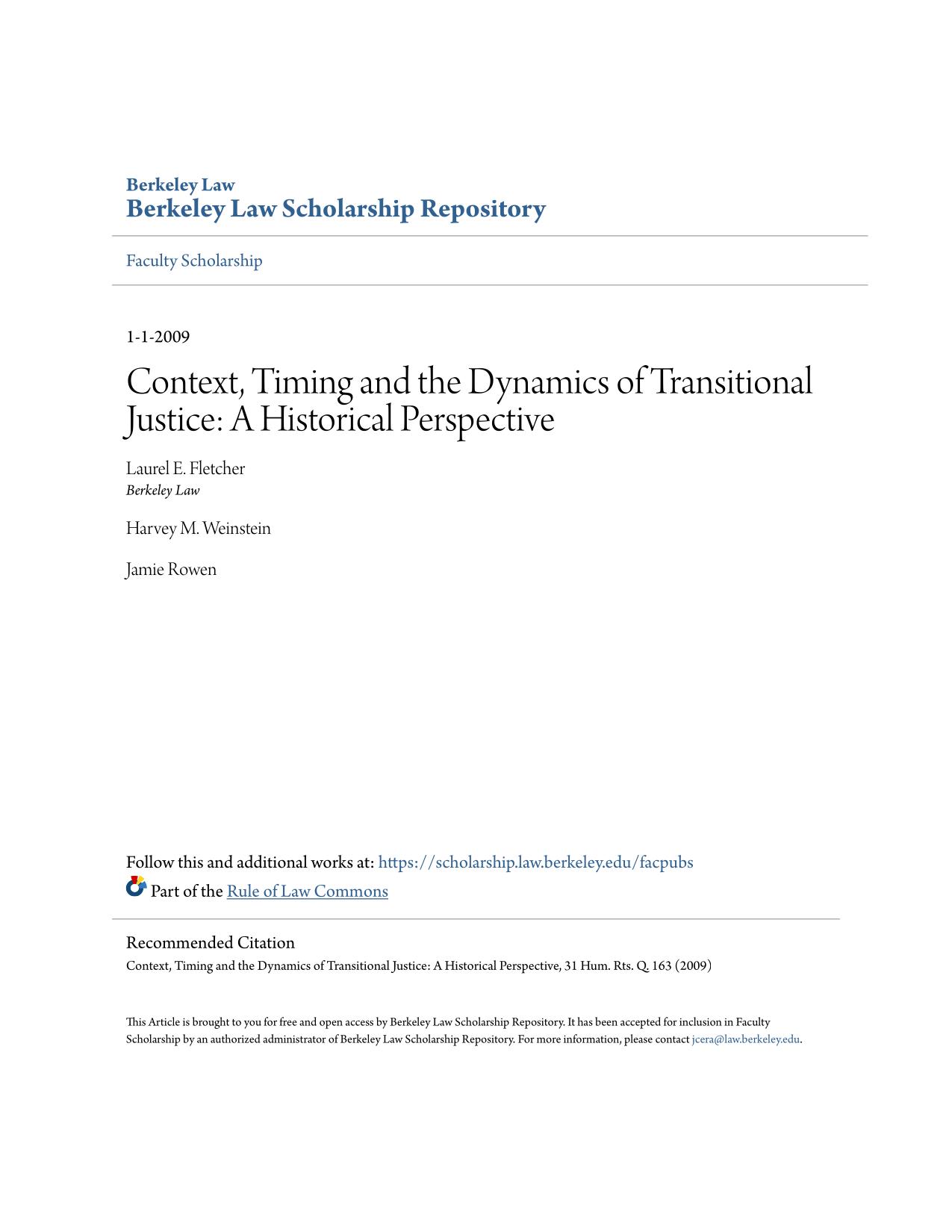
January 1, 2009
Context, Timing and the Dynamics of Transitional Justice: A Historical Perspective
View Publication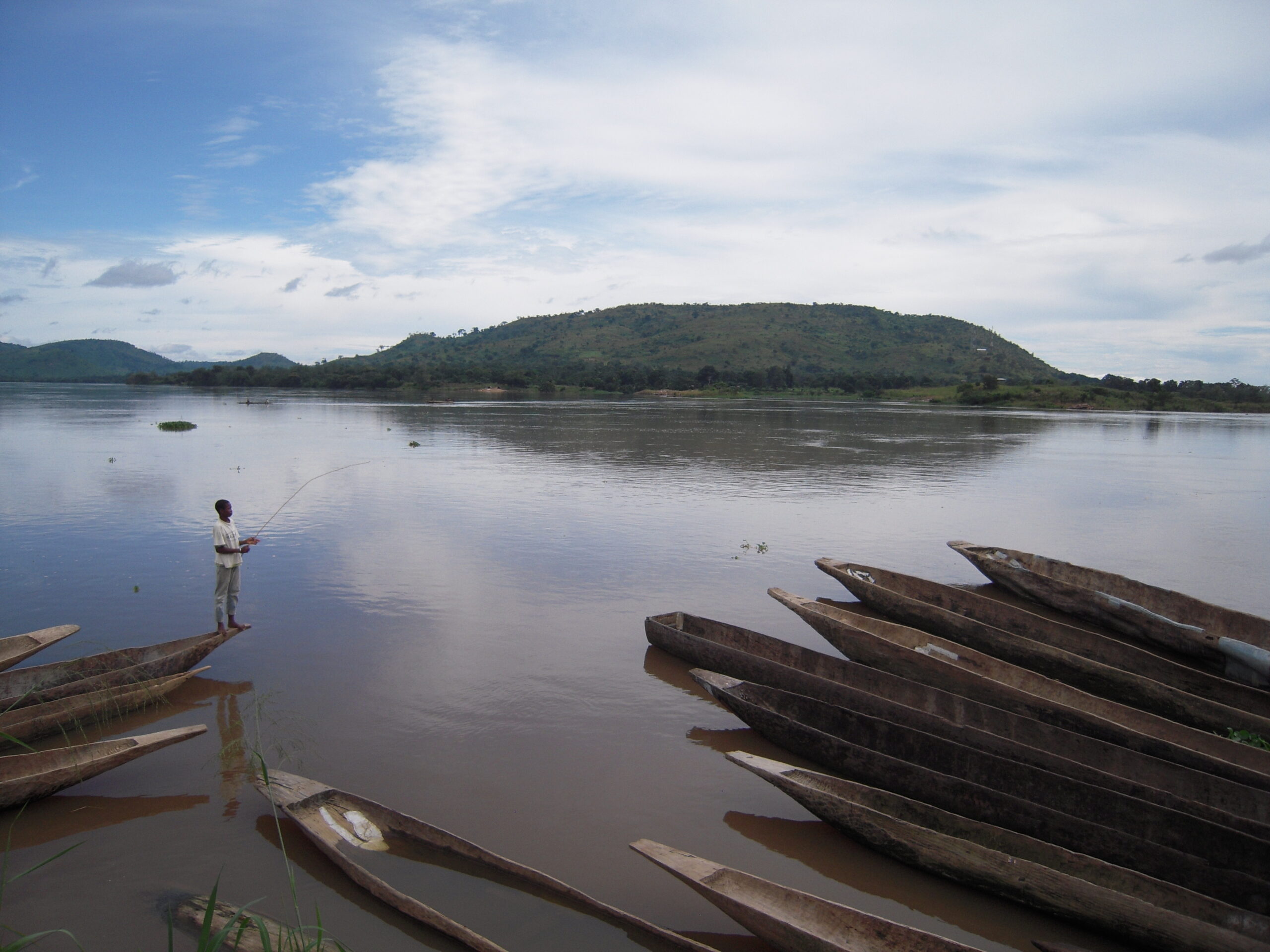
Central African Republic
HRC’s work in the Central African Republic sought to understand the scope and magnitude of violence, as well as the association between exposure to violence and traumatic events with self-reported physical and mental health status. We also worked with survivors and witnesses who went on to testify at the International Criminal Court.
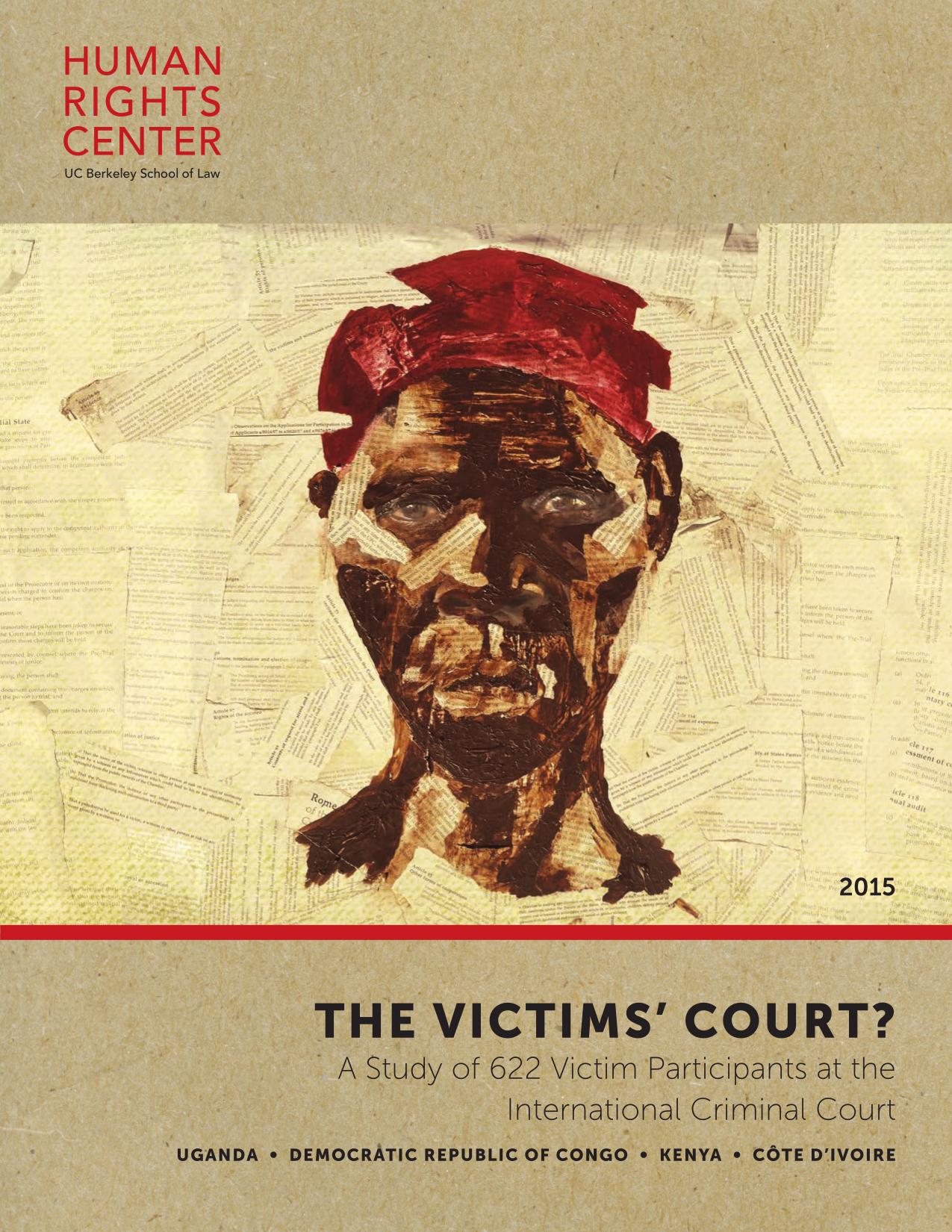
November 1, 2015
The Victims’ Court: A Study of 622 Victim Participants at the International Criminal Court
View Publication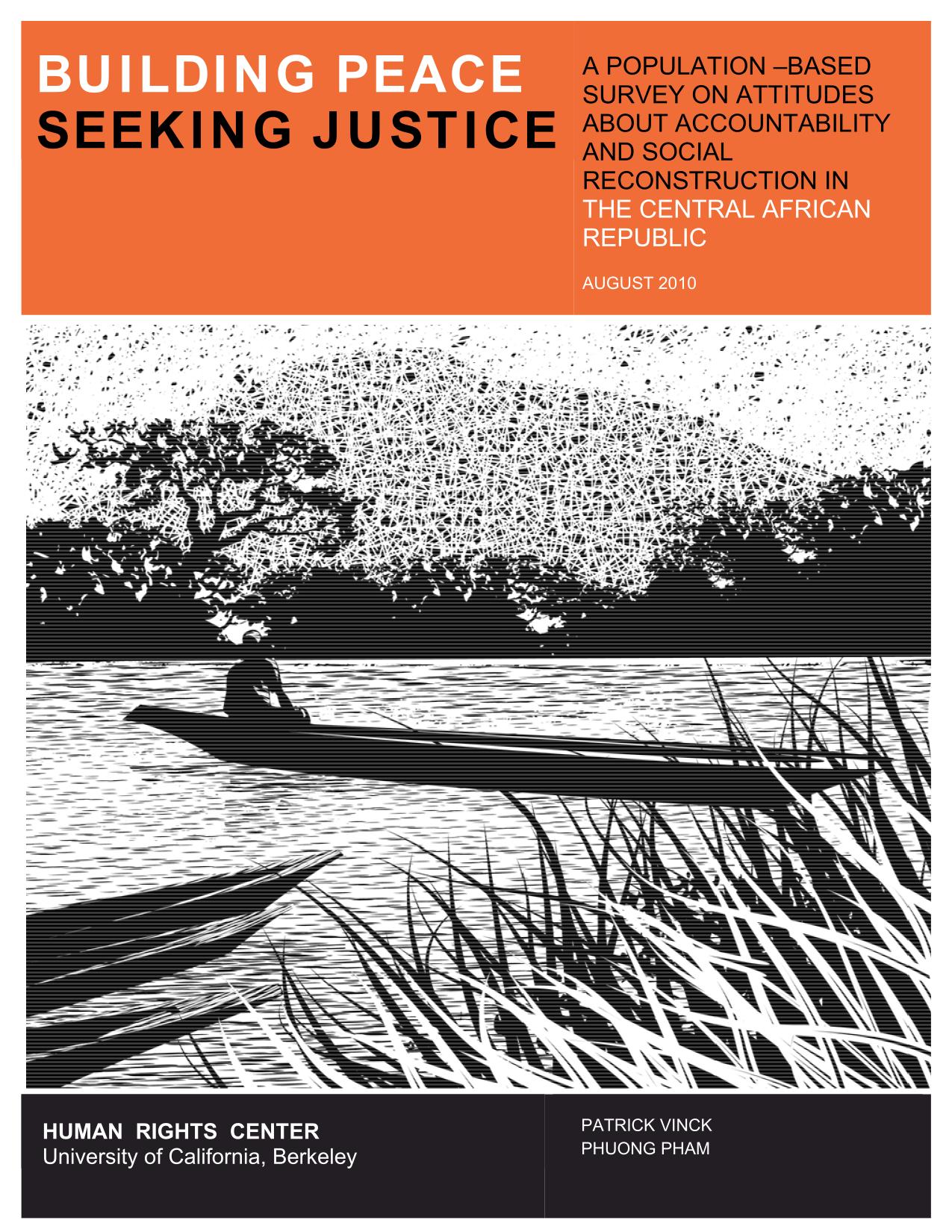
December 1, 2010
Building Peace, Seeking Justice: A Population-Based Survey on Attitudes about Accountability and Social Reconstruction in the Central African Republic
View Publication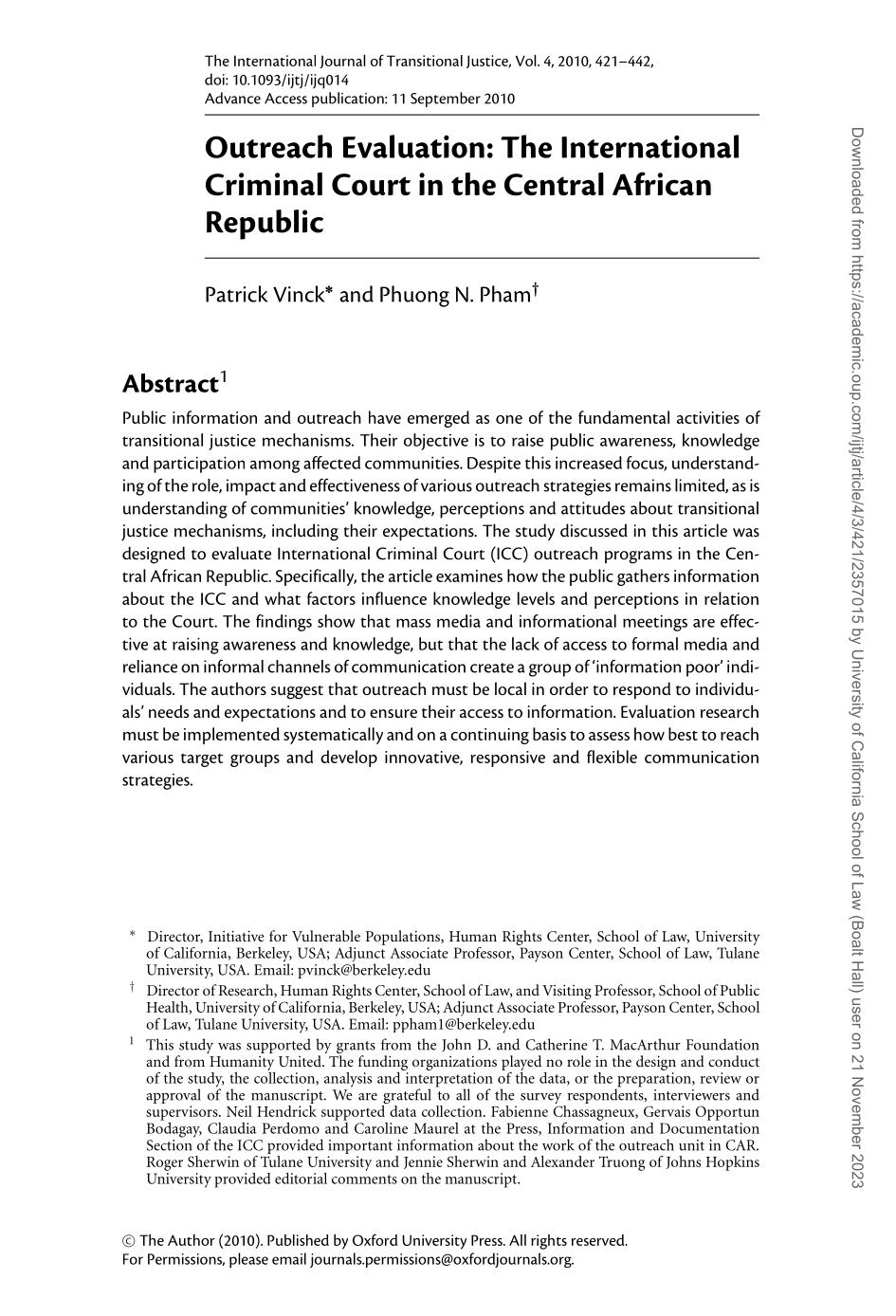
September 11, 2010
Outreach Evaluation: The International Criminal Court in the Central African Republic
View Publication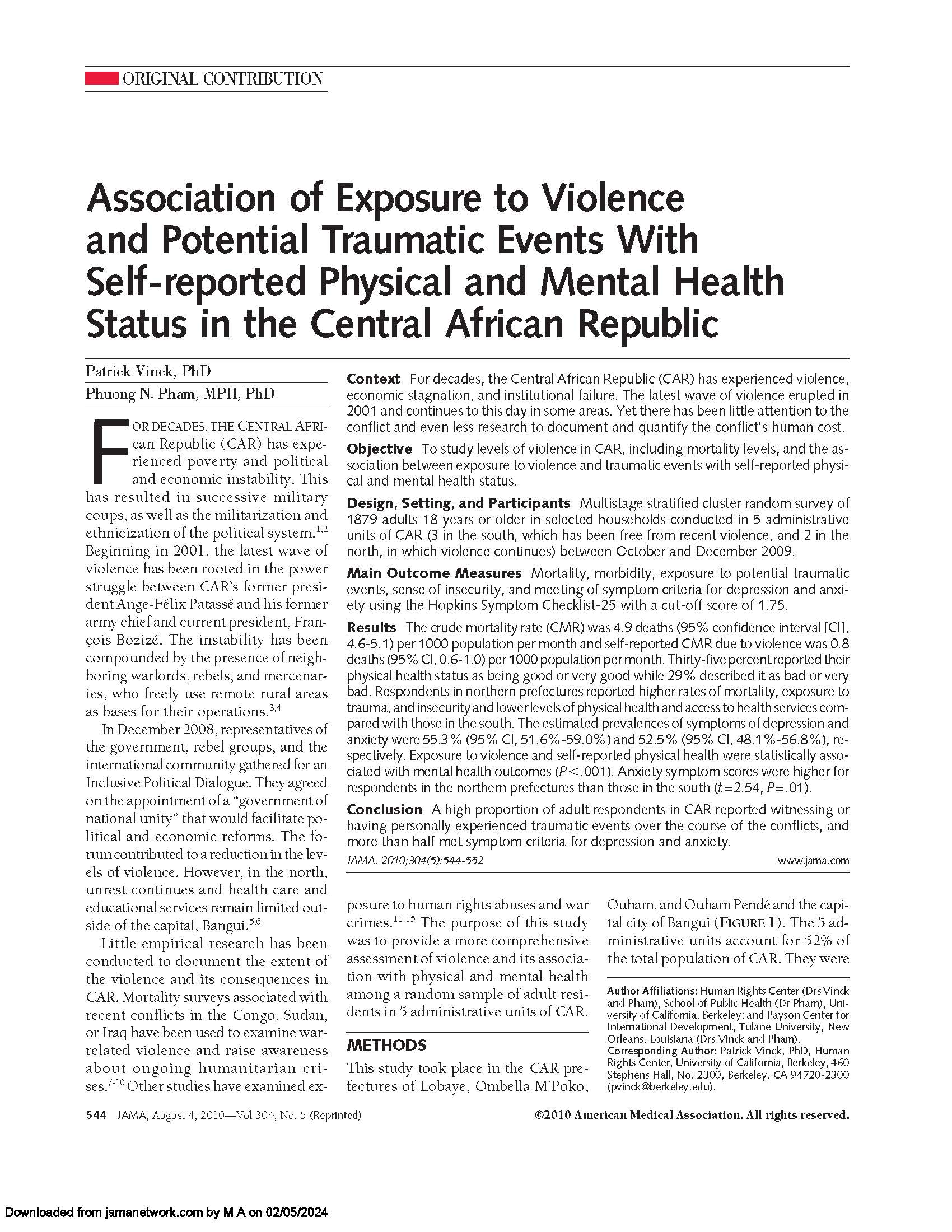
August 4, 2010
Association of Exposure to Violence and Potential Traumatic Events with Self-Reported Physical and Mental Health Status in the Central African Republic
View Publication
Democratic Republic of the Congo
For years, HRC conducted empirical research in the Democratic Republic of Congo to understand opinions and attitudes about specific transitional justice mechanisms, including trials, traditional justice, truth commissions, and reparations. We worked extensively with survivors and witnesses who went on to testify at the International Criminal Court.

November 1, 2015
The Victims’ Court: A Study of 622 Victim Participants at the International Criminal Court
View Publication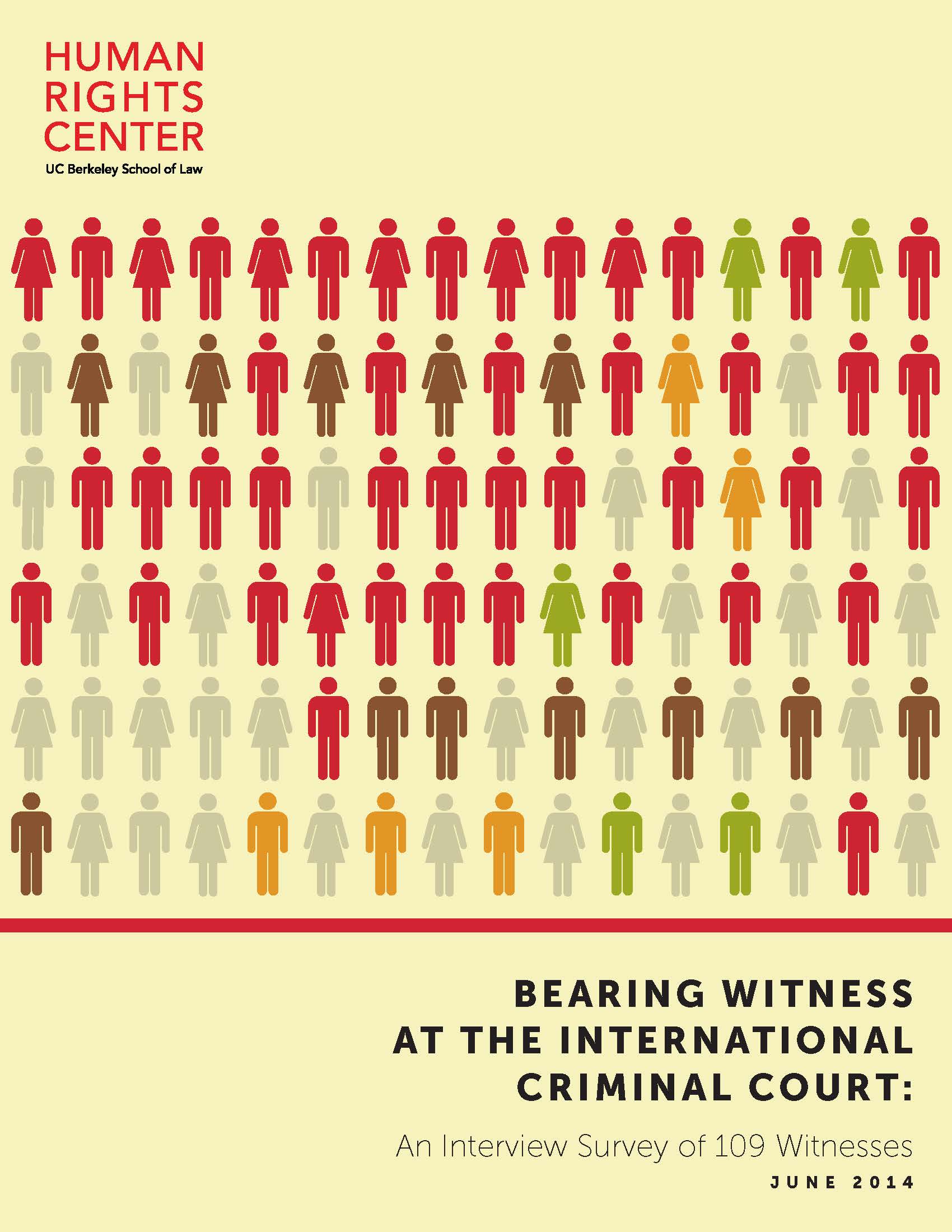
June 1, 2014
Bearing Witness at the International Criminal Court: An Interview Survey of 109 Witnesses
View Publication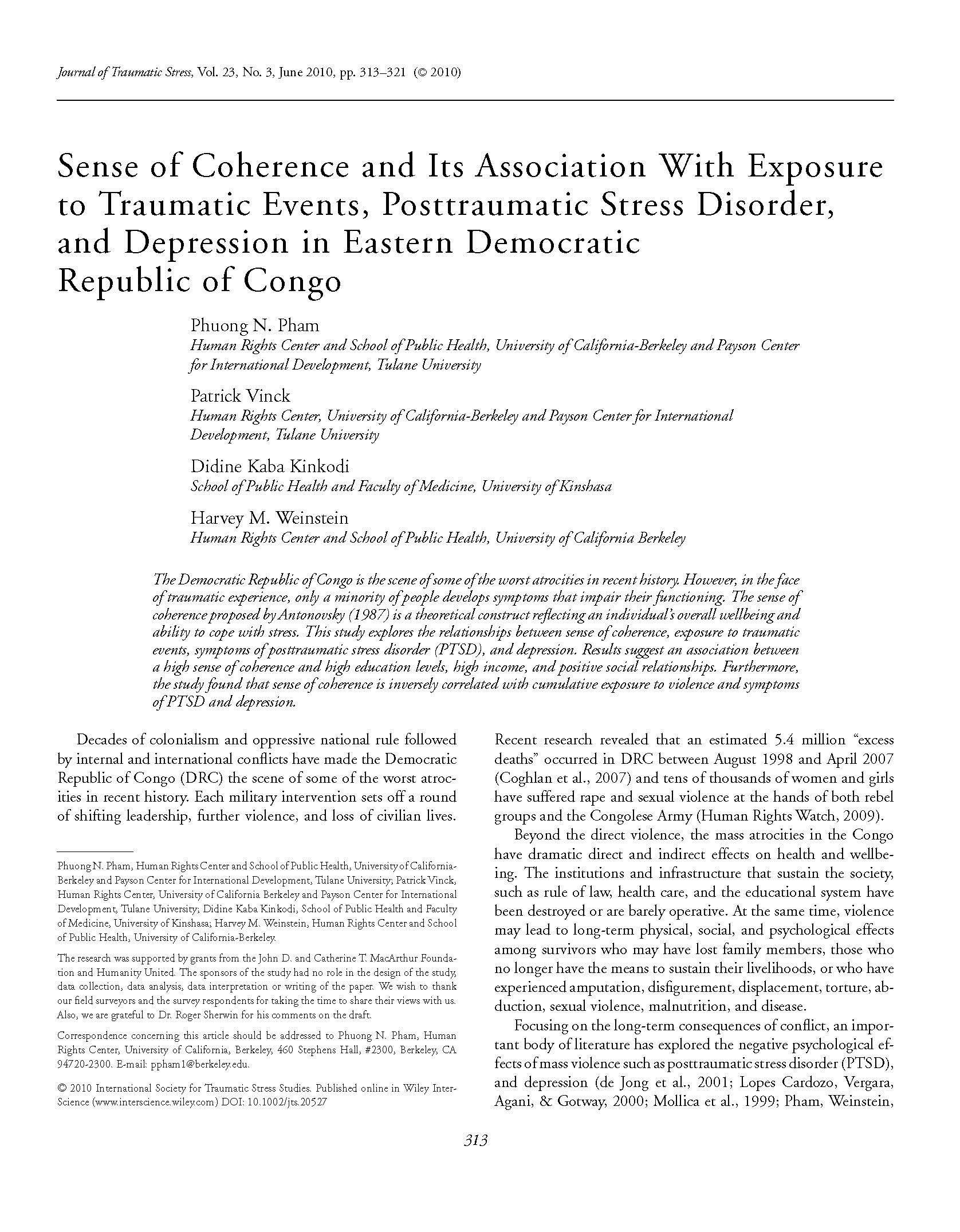
June 1, 2010
Sense of Coherence and Its Association with Exposure to Traumatic Events, Posttraumatic Stress Disorder, and Depression in Eastern Democratic Republic of Congo
View Publication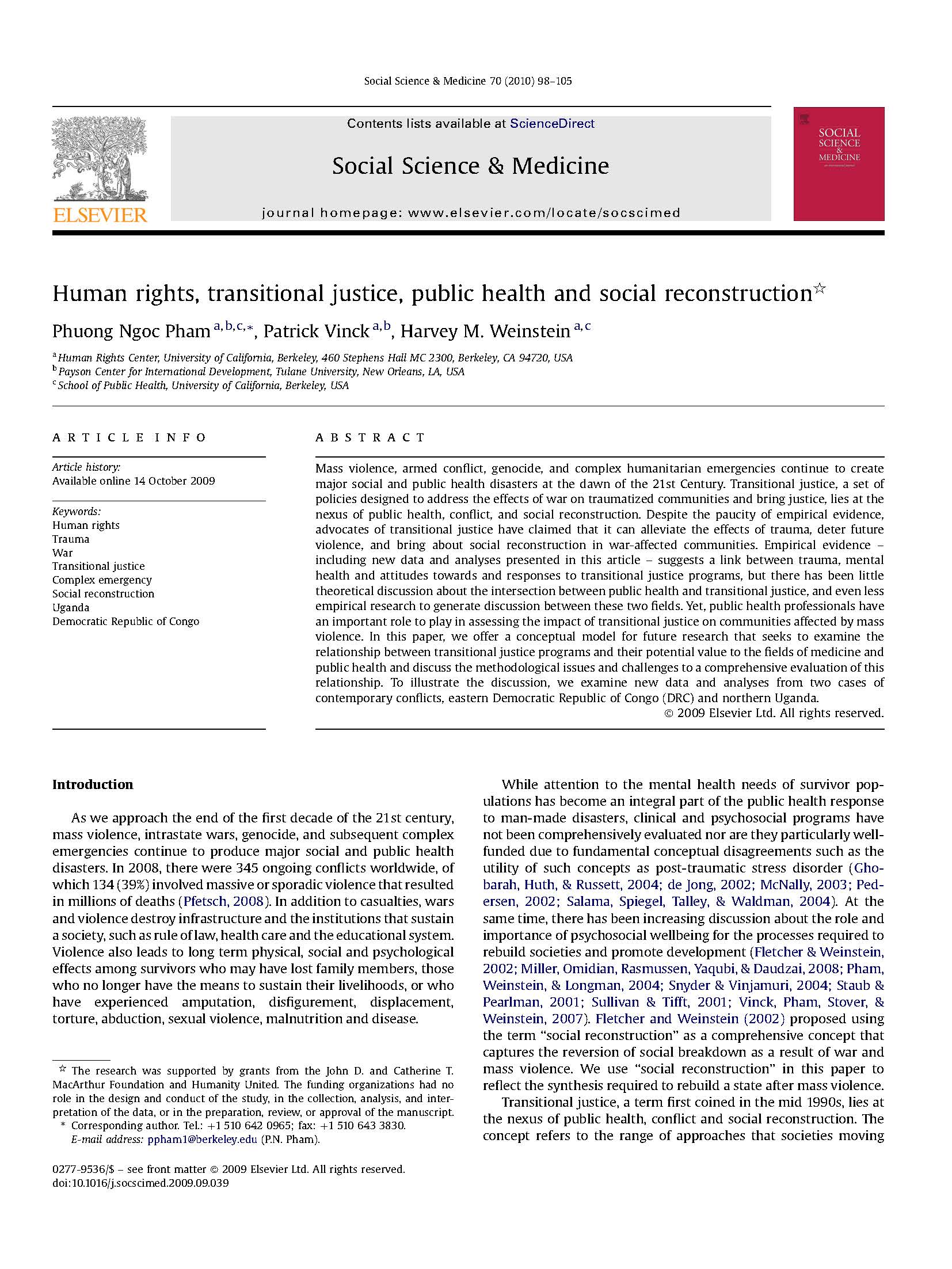
January 1, 2010
Human Rights, Transitional Justice, Public Health, and Social Reconstruction
View Publication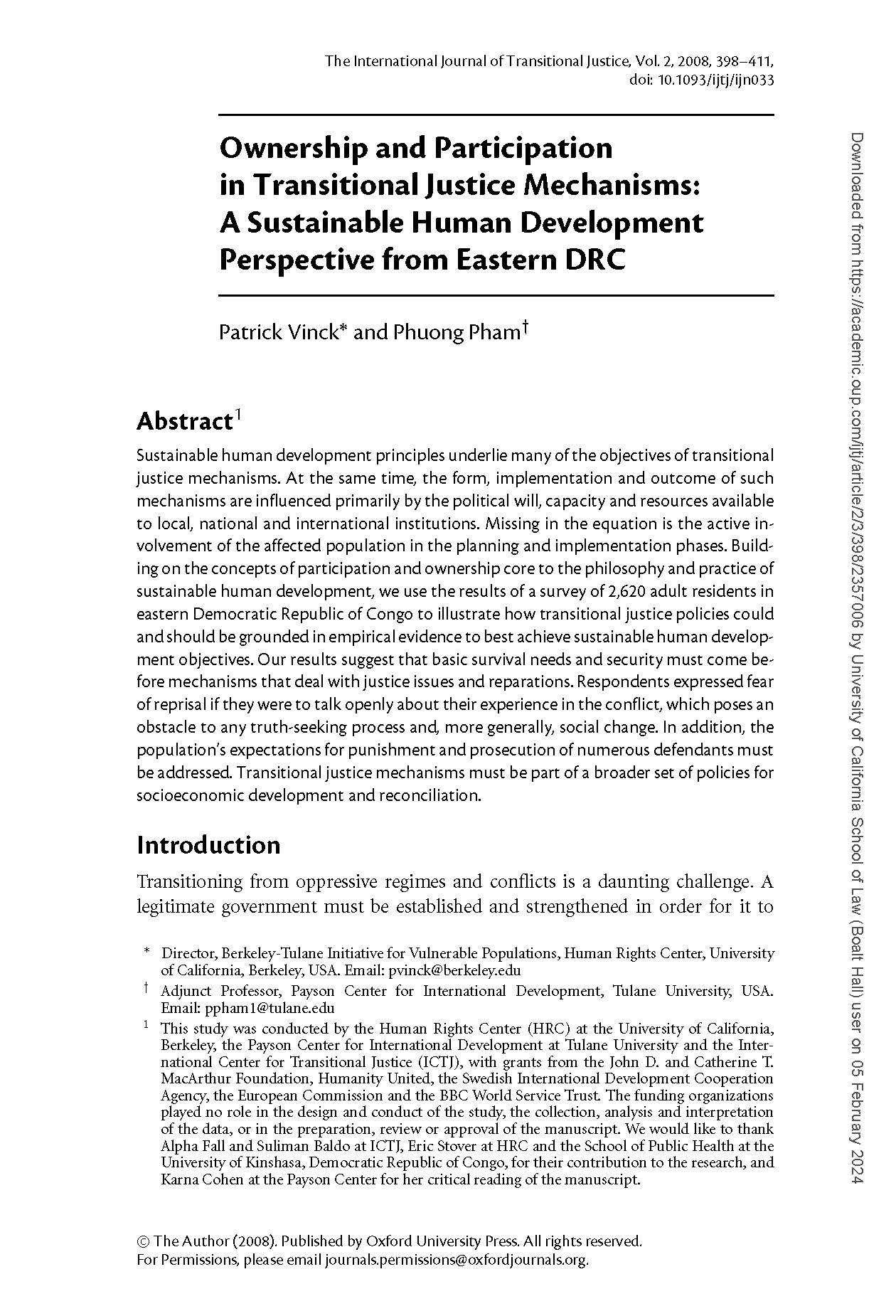
December 1, 2008
Ownership and Participation in Transitional Justice Mechanisms: A Sustainable Human Development Perspective from Eastern DRC
View Publication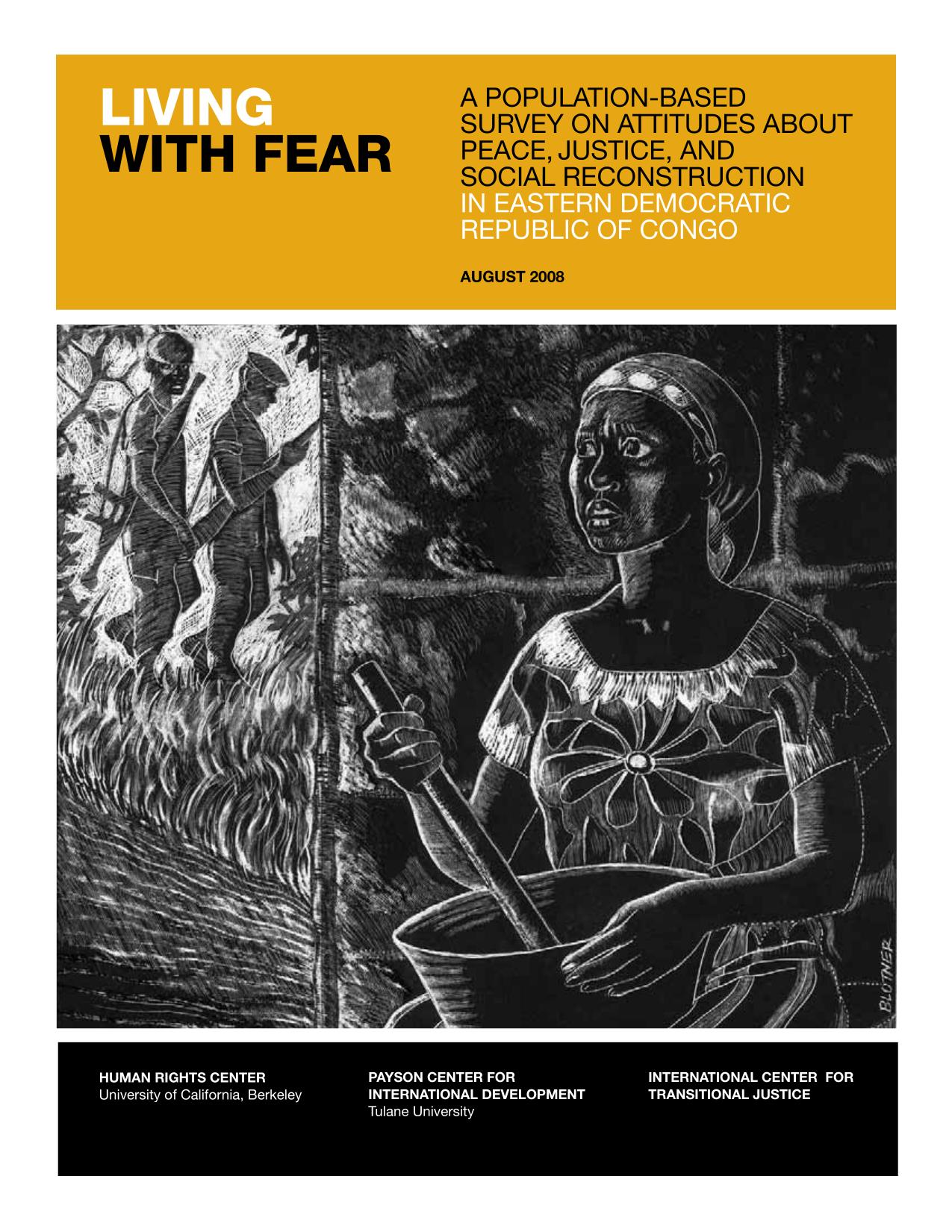
August 1, 2008
Living with Fear: A Population-Based Survey on Attitudes about Peace, Justice, and Social Reconstruction in Eastern Democratic Republic of the Congo
View Publication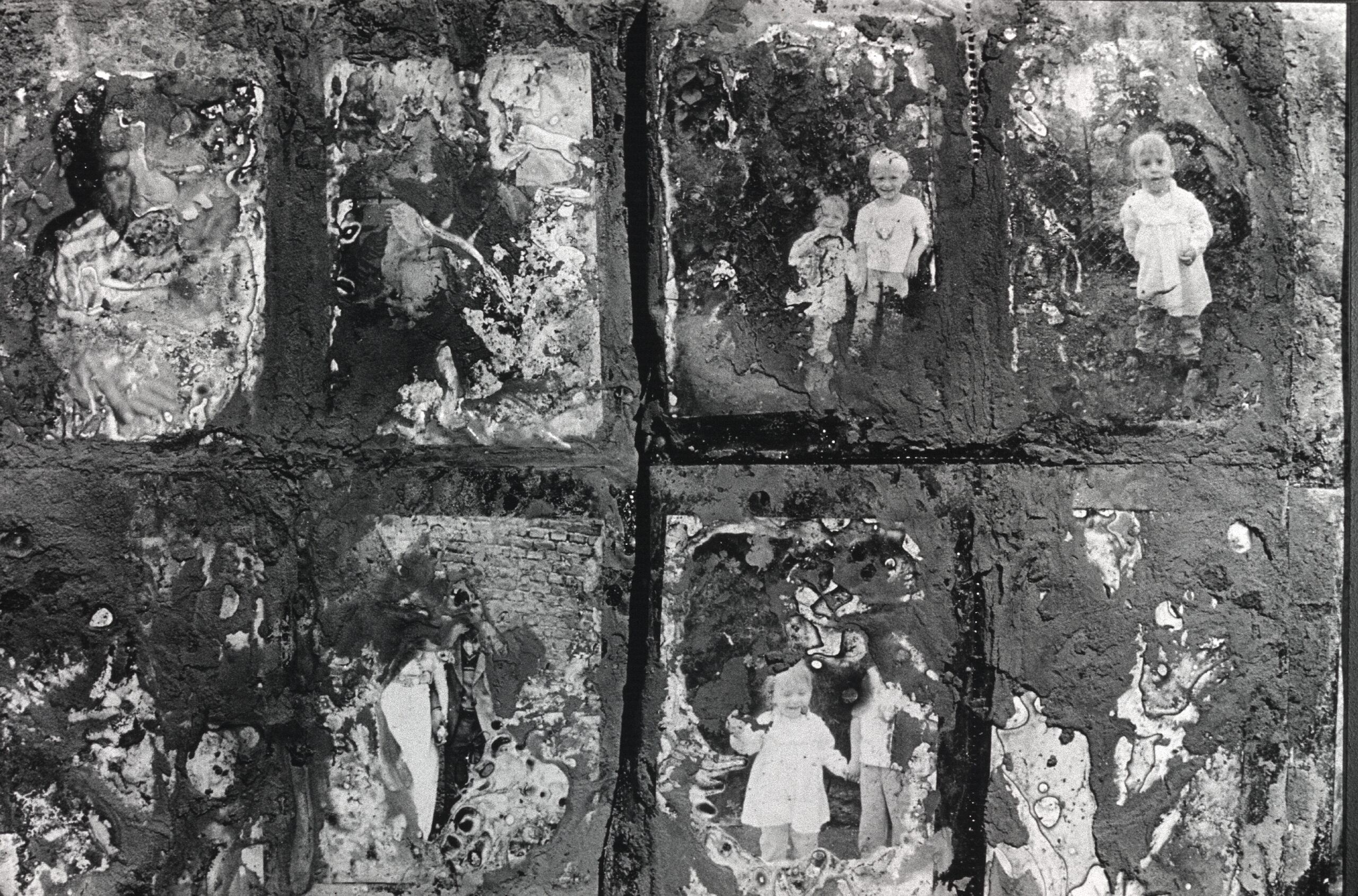
Former Yugoslavia
From investigating the mass graves of Srebrenica to studying community attitudes towards social reconstruction, HRC has a long history of work in the former Yugoslavia. We worked directly with the International Criminal Tribunal for the former Yugoslavia to interview survivors of genocide and help identify the remains of victims to piece together the story of how events unfolded. We also studied how survivors of mass violence perceive, interpret, and relate to the work of the ad hoc tribunals.
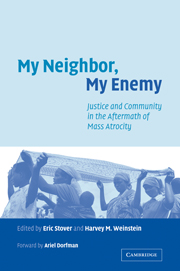
May 2, 2010
My Neighbor, My Enemy: Justice and Community in the Aftermath of Mass Atrocity
View Publication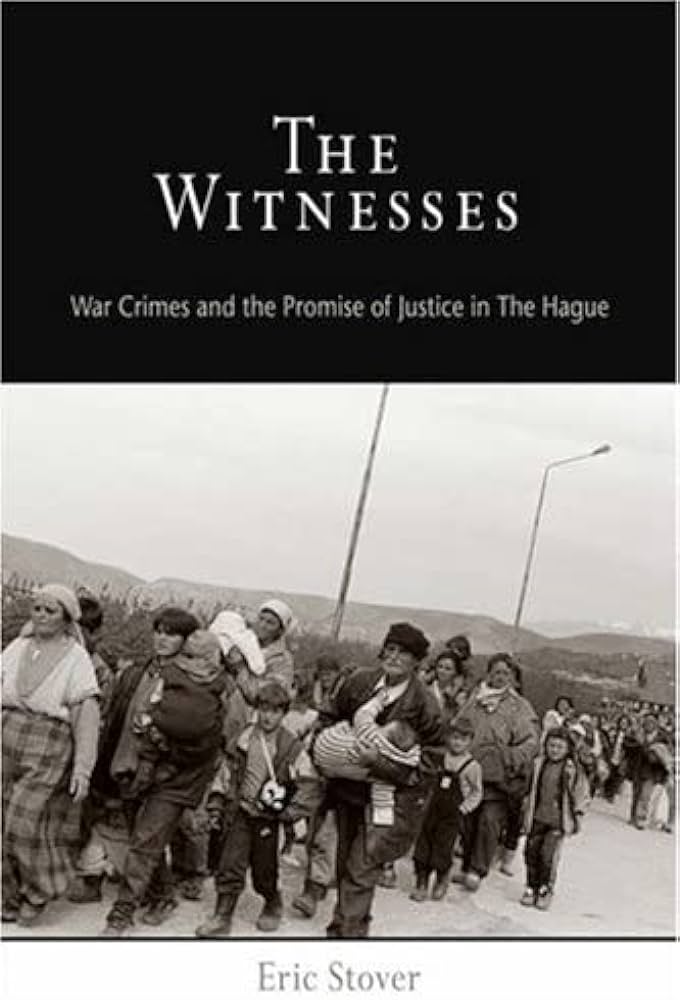
March 12, 2007
The Witnesses: War Crimes and the Promise of Justice in The Hague
View Publication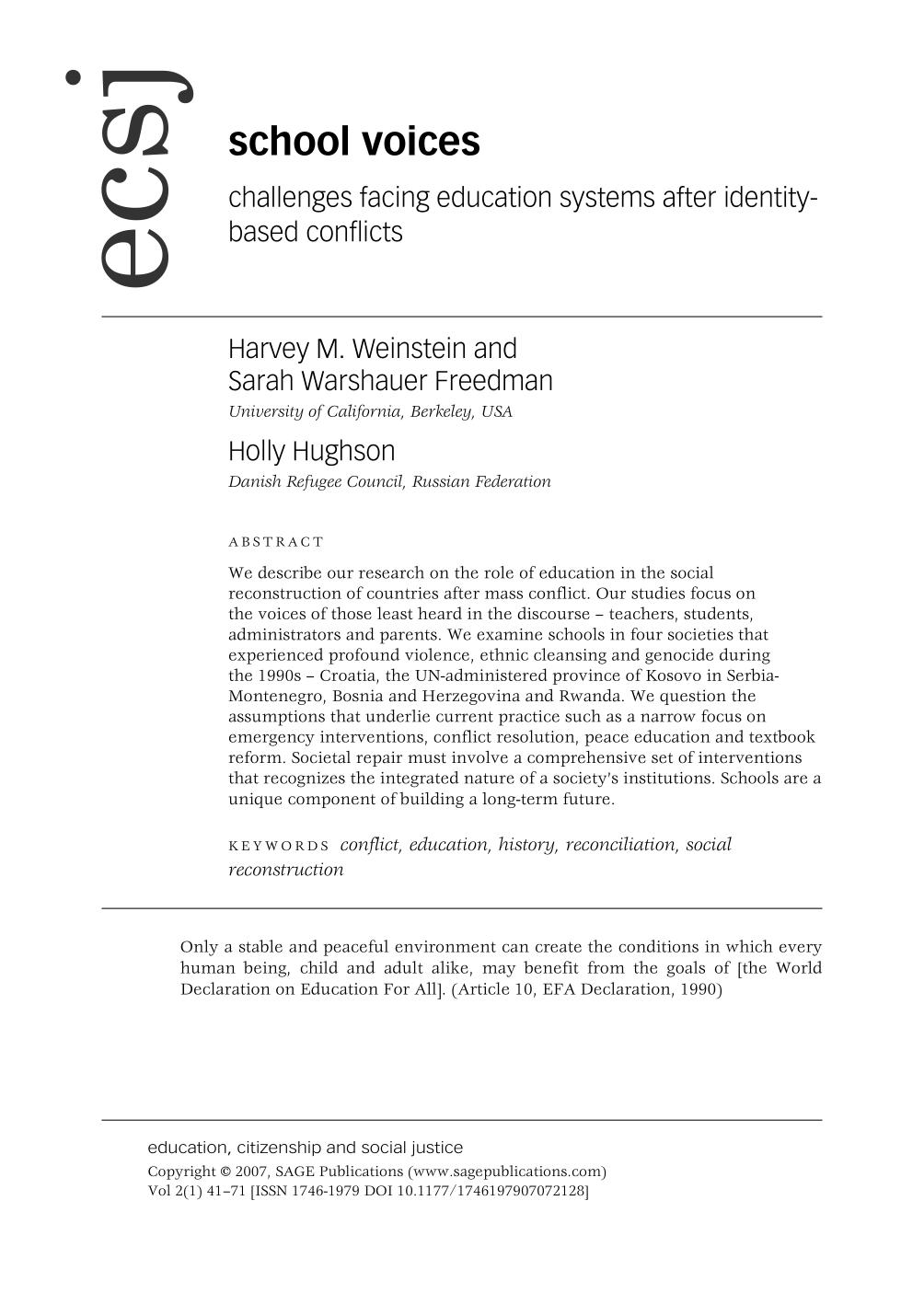
March 1, 2007
School Voices: Challenges Facing Education Systems after Identity-Based Conflicts
View Publication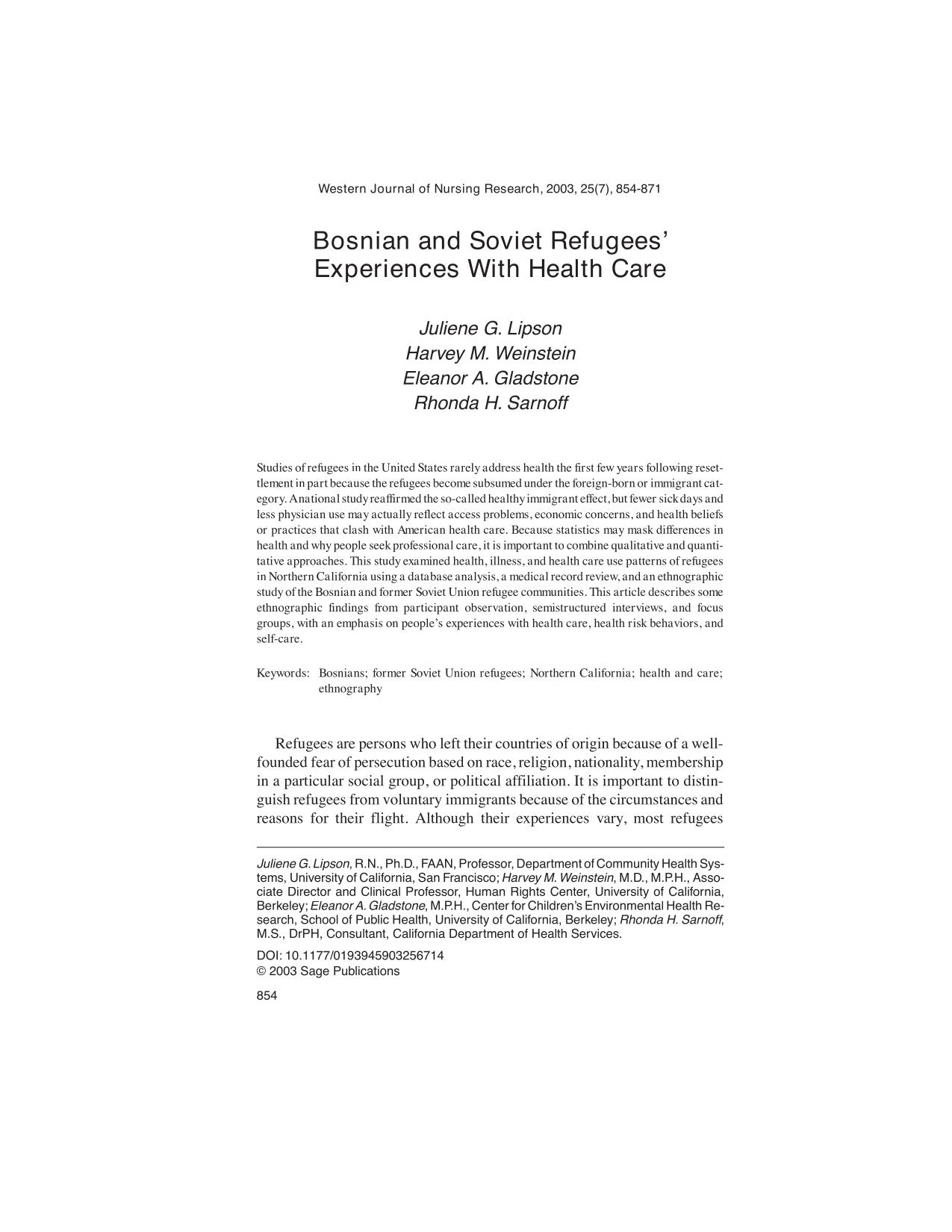
November 1, 2003
Bosnian and Soviet Refugees’ Experiences with Health Care
View Publication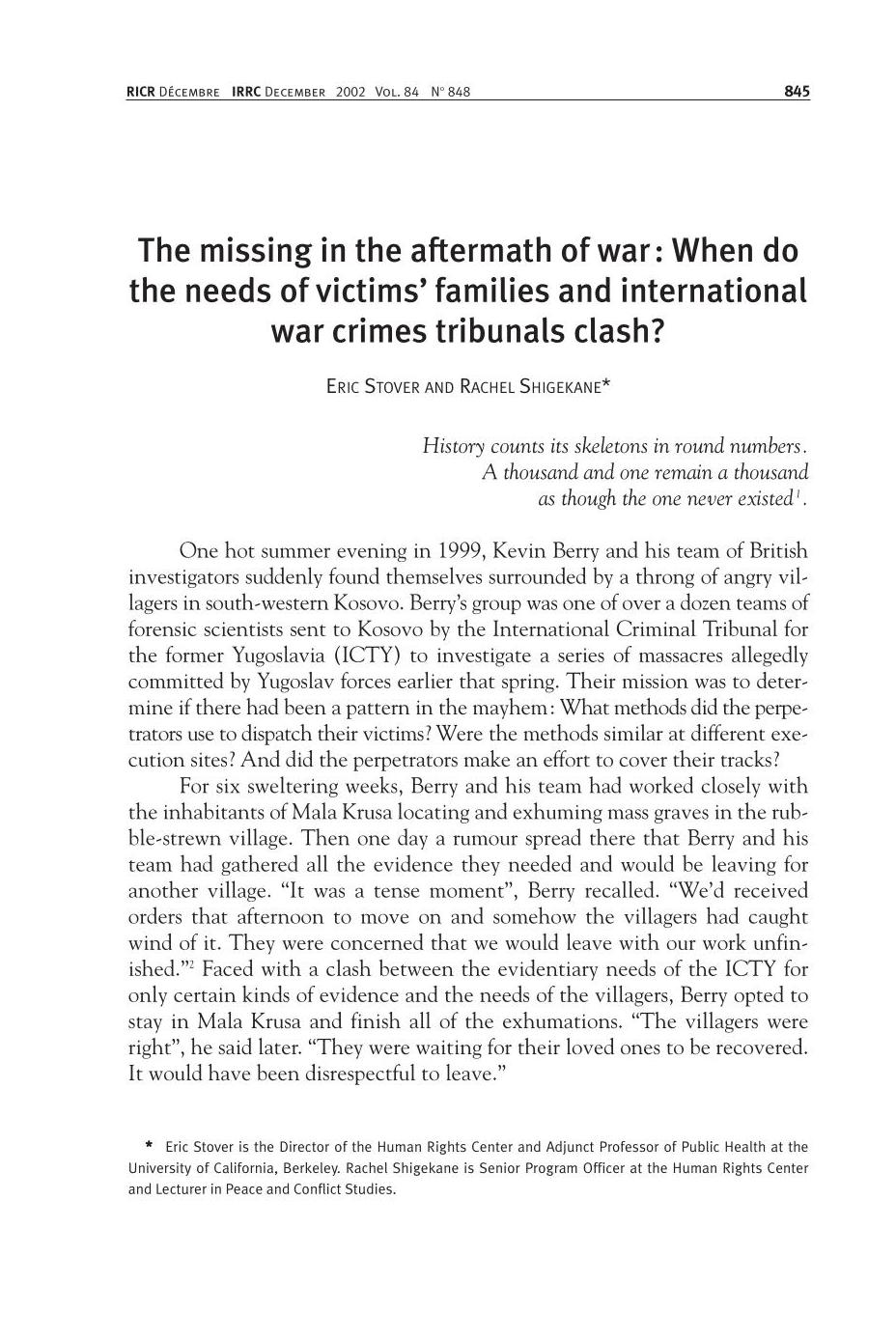
December 1, 2002
The Missing in the Aftermath of War: When Do the Needs of Victims’ Families and International War Crimes Tribunals Clash?
View Publication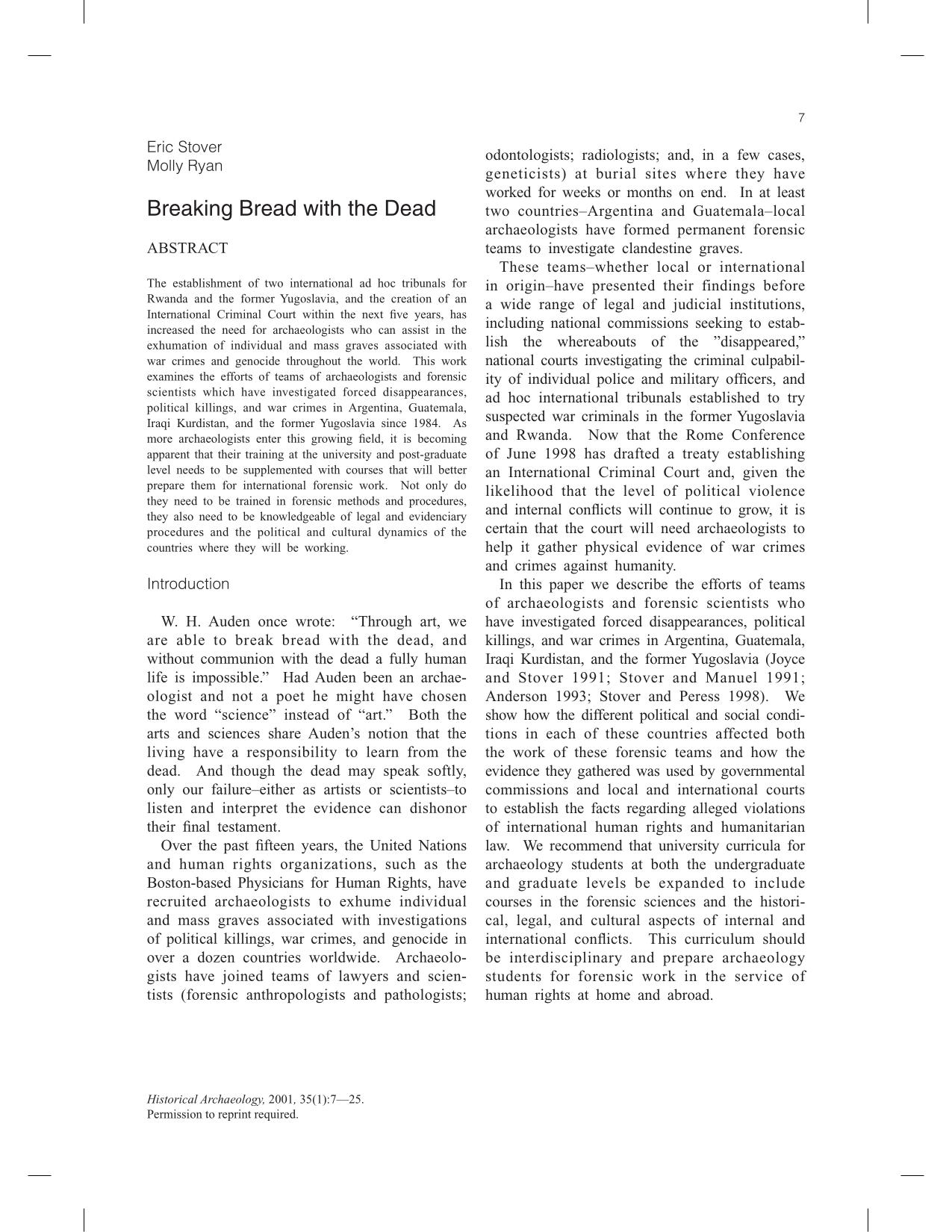
January 1, 2001
Breaking Bread with the Dead
View Publication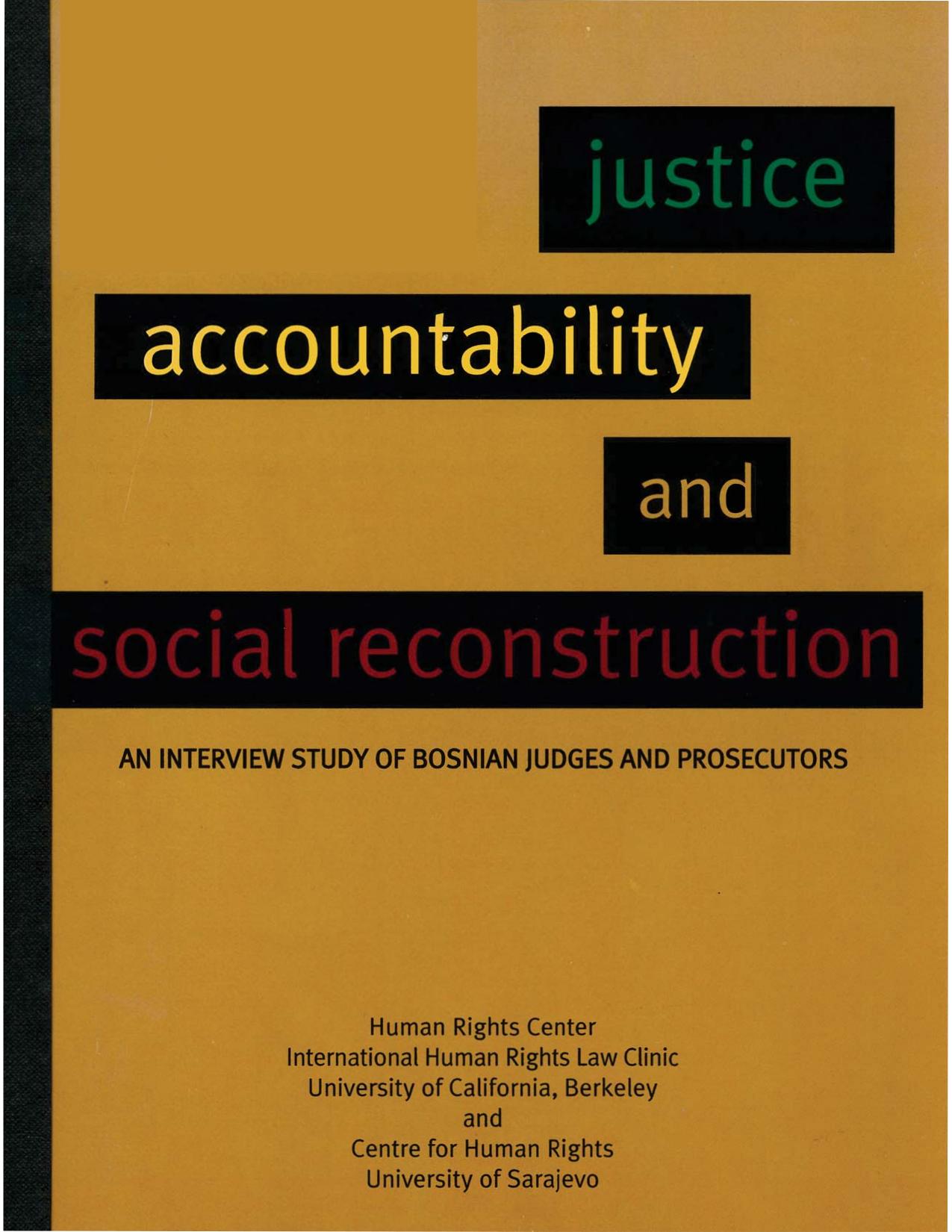
May 1, 2000
Justice, Accountability, and Social Reconstruction: An Interview Study of Bosnian Judges and Prosecutors
View Publication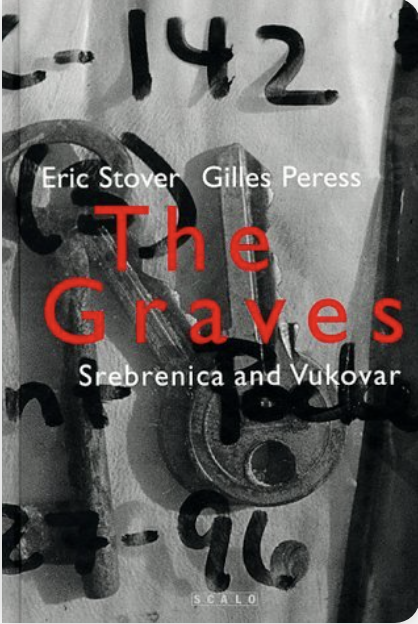
January 1, 1998
The Graves: Srebrenica And Vukovar
View Publication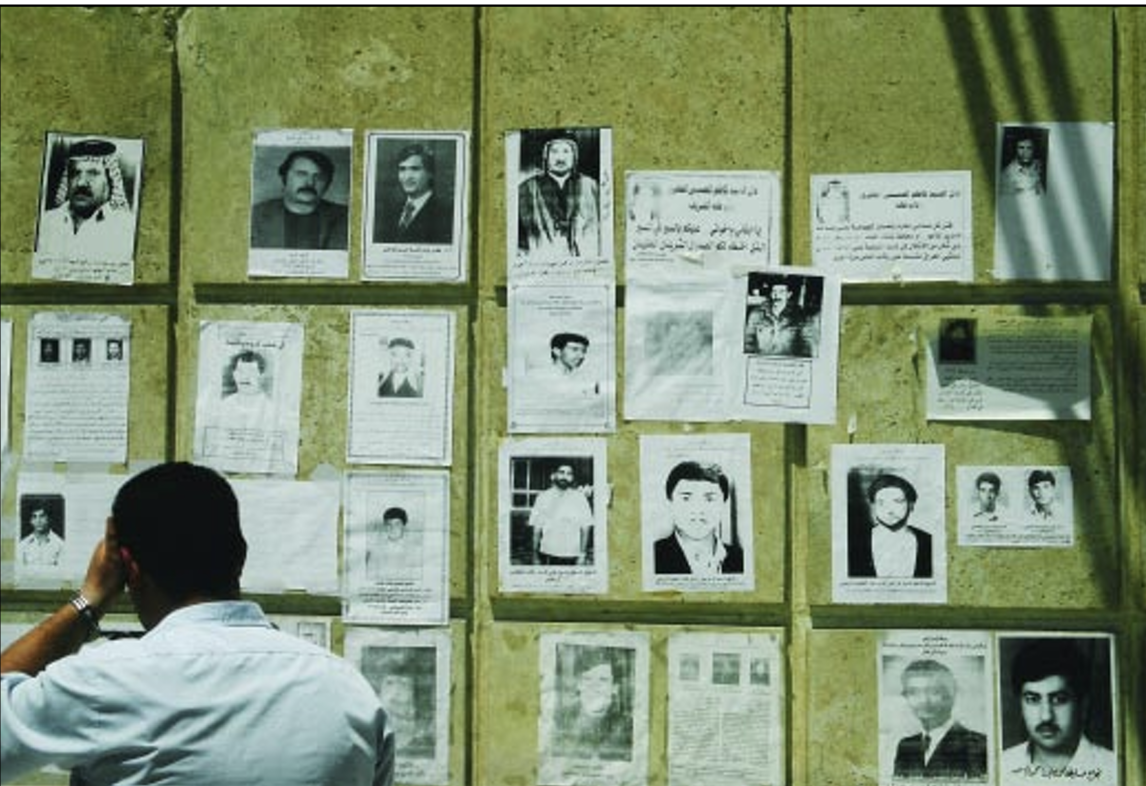
Iraq
In 2003 and 2004, we worked with the International Center for Transitional Justice and Human Rights Watch to assess the situation of displaced people in Iraqi Kurdistan; investigate Kurdish treatment of Iraqi prisoners of war; and monitor whether U.S.–led forces restored and ensured public order, pursuant to the Geneva Convention. We further studied how Iraqis wished to address the legacy of human rights violations and political violence, visited mass graves, and documented testimonies of human rights violations.
Left: Halabja Memorial Cemetery, comprising more than 1000 family headstones commemorating the deaths of over 5000 Kurds on March 16, 1988. On that day, Iraqi government jets bombed the town of Halabja with a lethal cocktail of mustard gas and chemical nerve agents. Thousands of survivors and their offspring continue to suffer from physical deformities, respiratory ailments, and cancers. February 2004, image by Eric Stover.
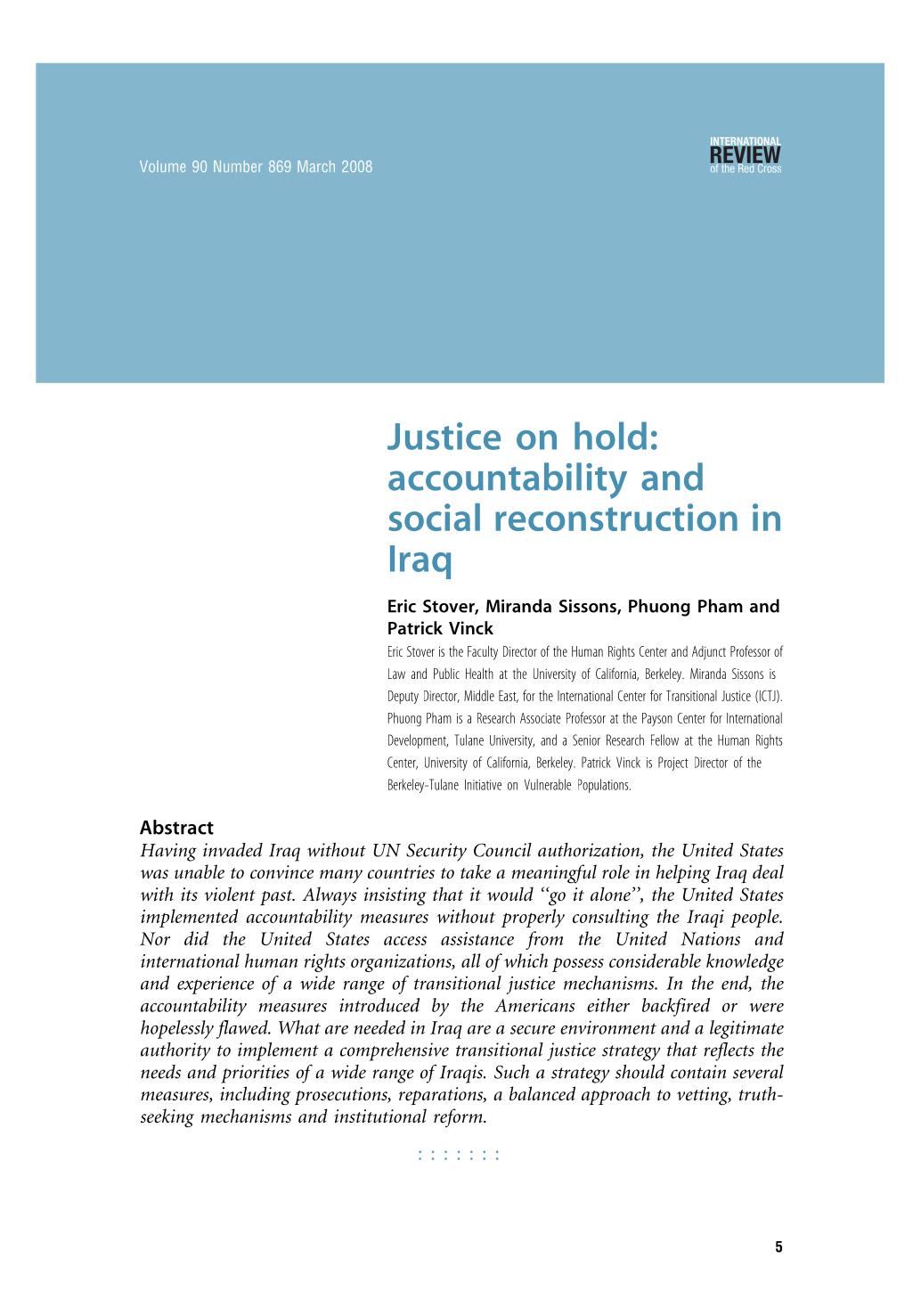
March 31, 2008
Justice on Hold: Accountability and Social Reconstruction in Iraq
View Publication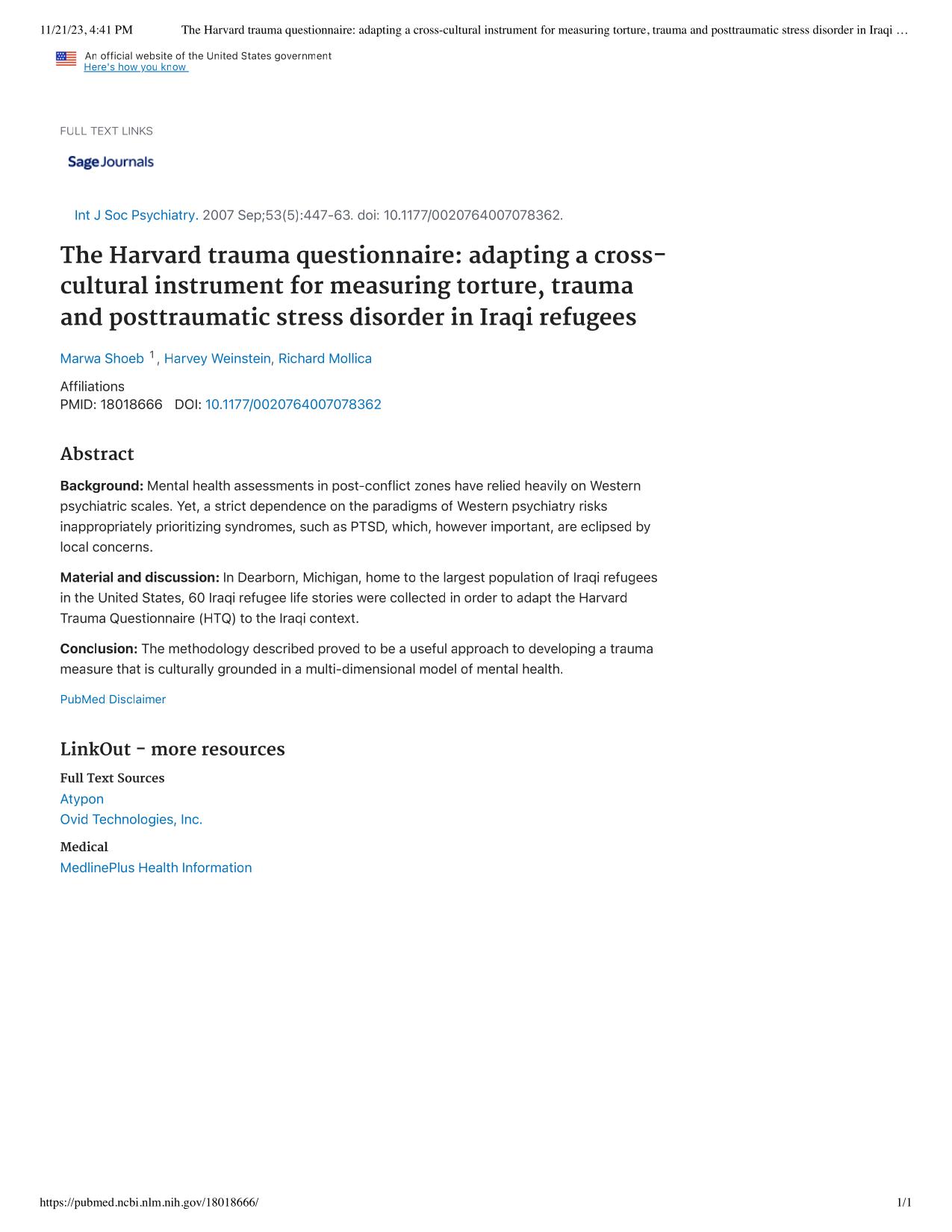
September 1, 2007
The Harvard Trauma Questionnaire: Adapting a Cross-cultural Instrument for Measuring Torture, Trauma and Posttraumatic Stress Disorder in Iraqi Refugees
View Publication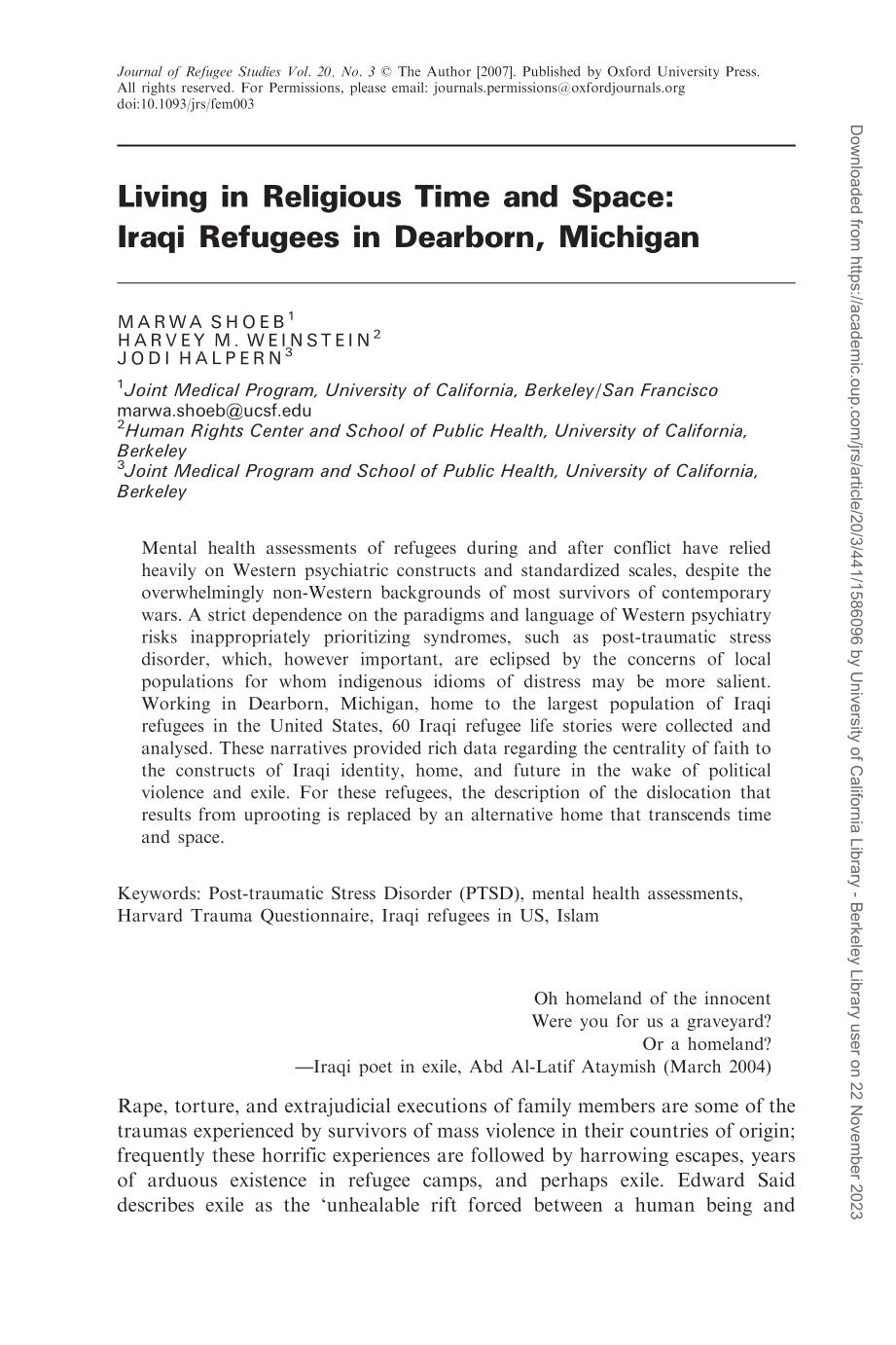
September 1, 2007
Living in Religious Time and Space: Iraqi Refugees in Dearborn, Michigan
View Publication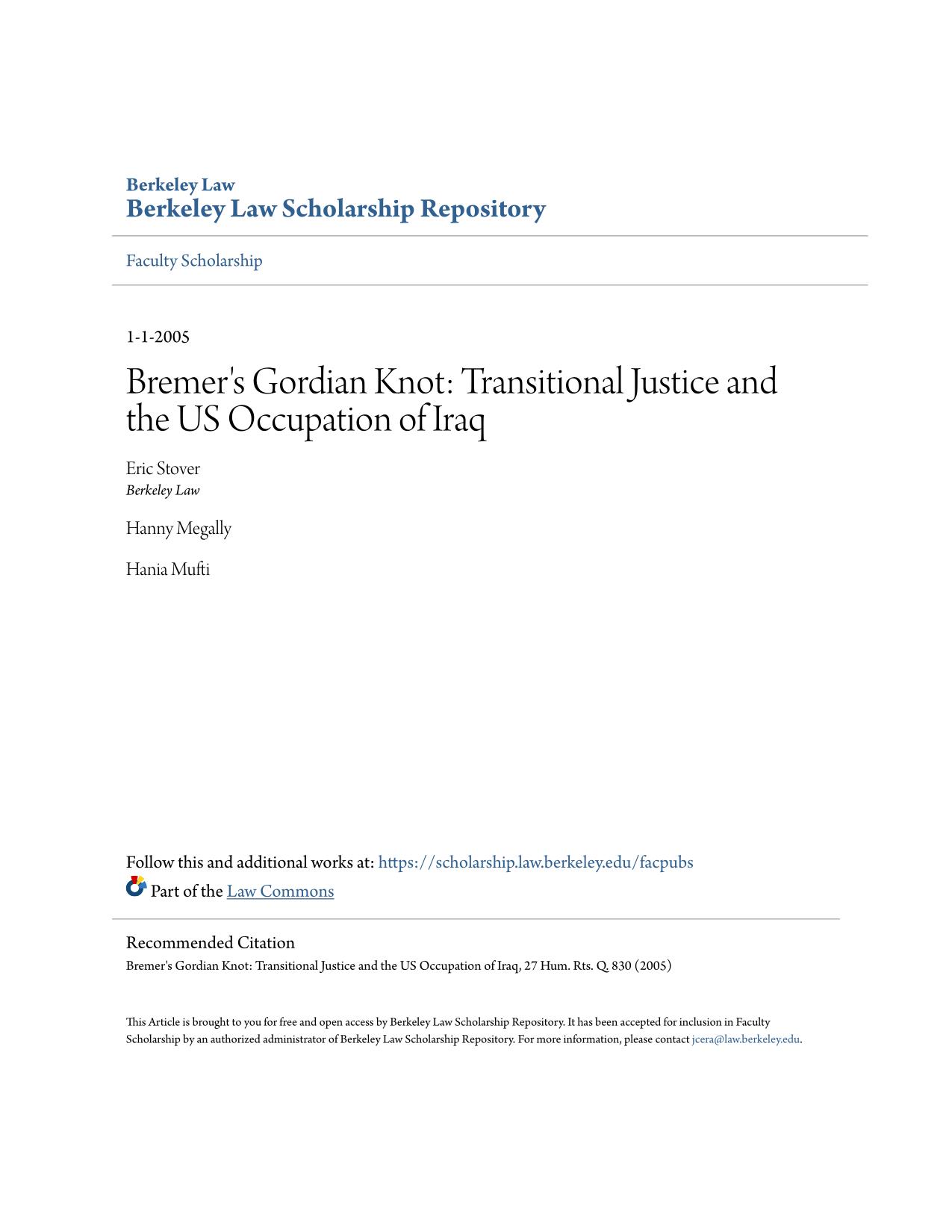
January 1, 2005
Bremer’s ‘Gordian Knot’: Transitional Justice and US Occupation of Iraq
View Publication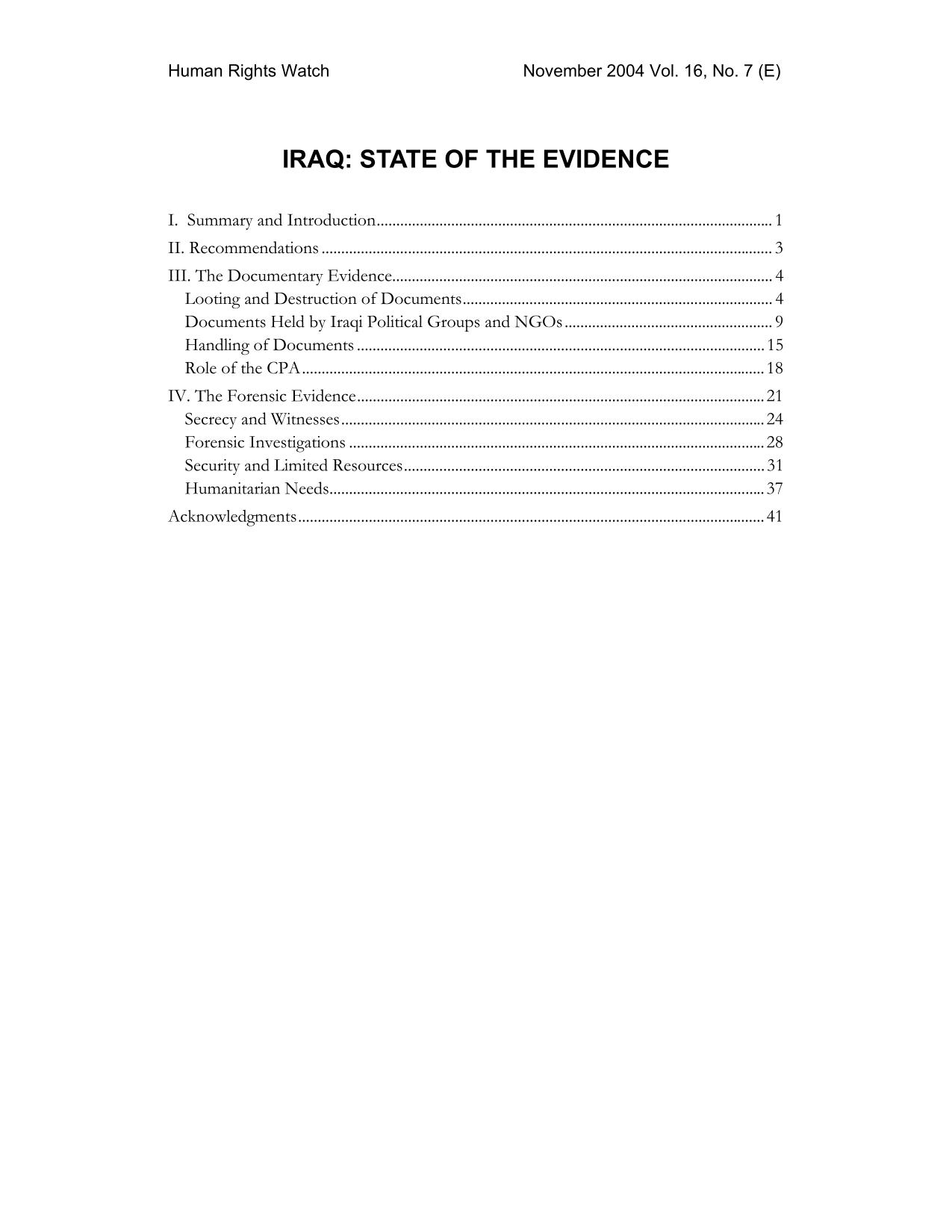
November 1, 2004
Iraq: State of the Evidence
View Publication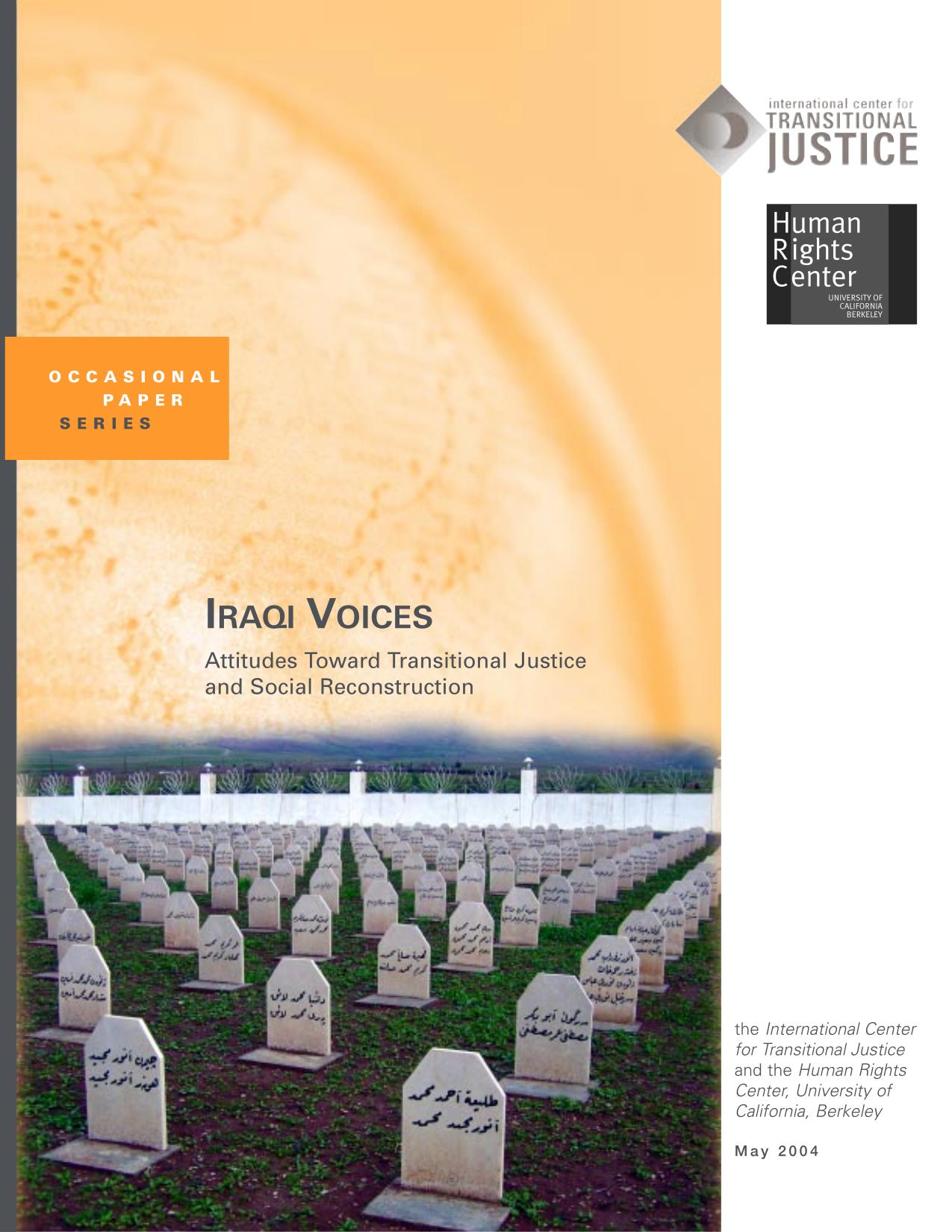
May 1, 2004
Iraqi Voices: Attitudes Toward Transitional Justice and Social Reconstruction
View Publication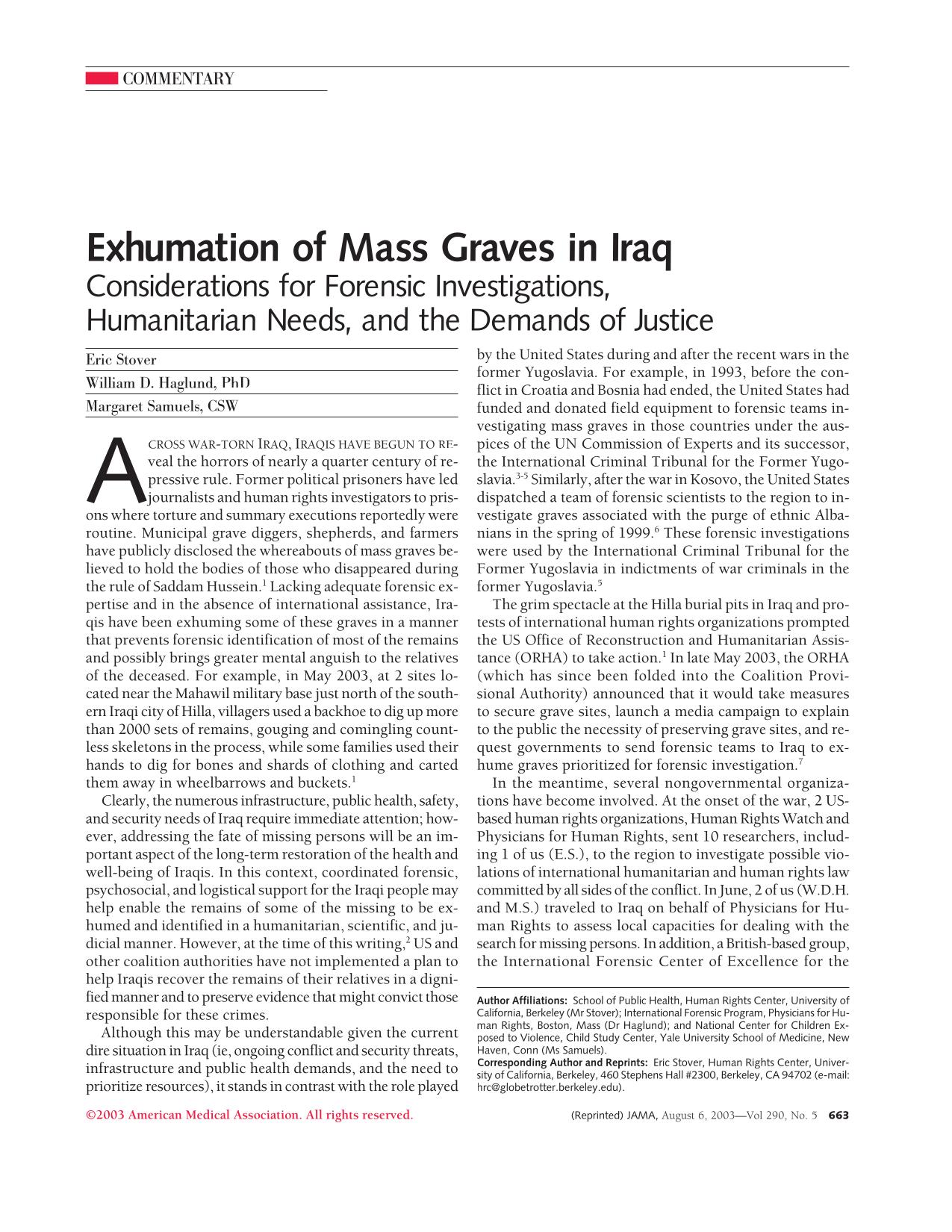
August 6, 2003
Exhumation of Mass Graves in Iraq: Considerations for Forensic Investigations, Humanitarian Needs, and the Demands of Justice
View Publication
January 1, 2001
Breaking Bread with the Dead
View Publication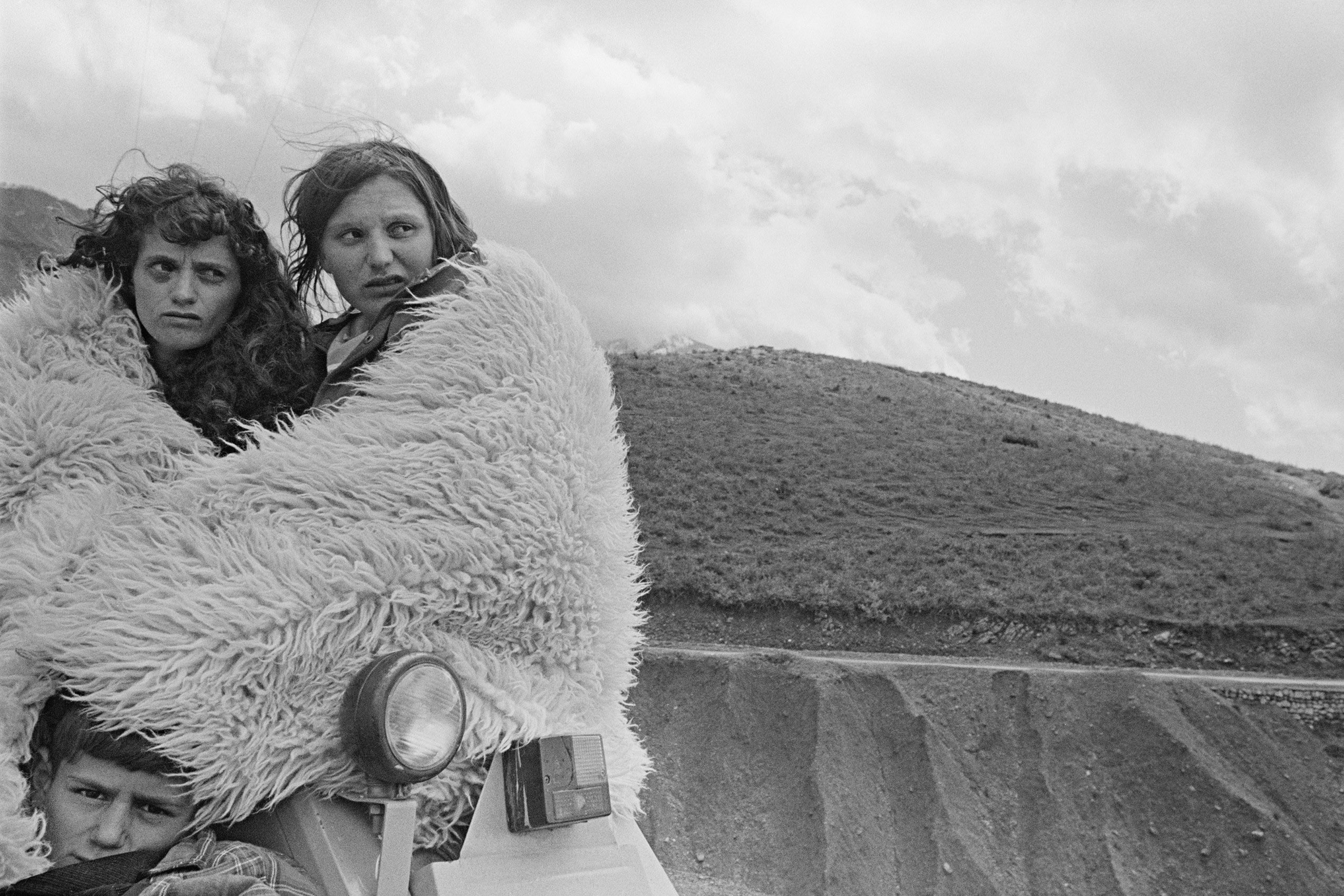
Kosovo
On a warm spring morning in 1999, Serbian security and paramilitary forces descended on the small village of Cuska, near the western Kosovo city of Pec. The villagers were threatened and robbed of their money, jewelry, and identification papers. 29 men were divided into three groups and taken into three separate houses, where they were sprayed repeatedly with automatic weapons. Each house was then set on fire and left to burn. The research project and resulting book, published in 2001, investigates the massacre at Cuska, and examines the changing face of human rights reporting in the age of information, digital photography, and war crimes tribunals.
Left: Kosovar refugees (ethnic Albanians living in Kosovo) become refugees as they enter Albania after being driven out of their homes by Serbian forces. They are traveling to a refugee camp in Kukes, Albania. Image by Gilles Peress.
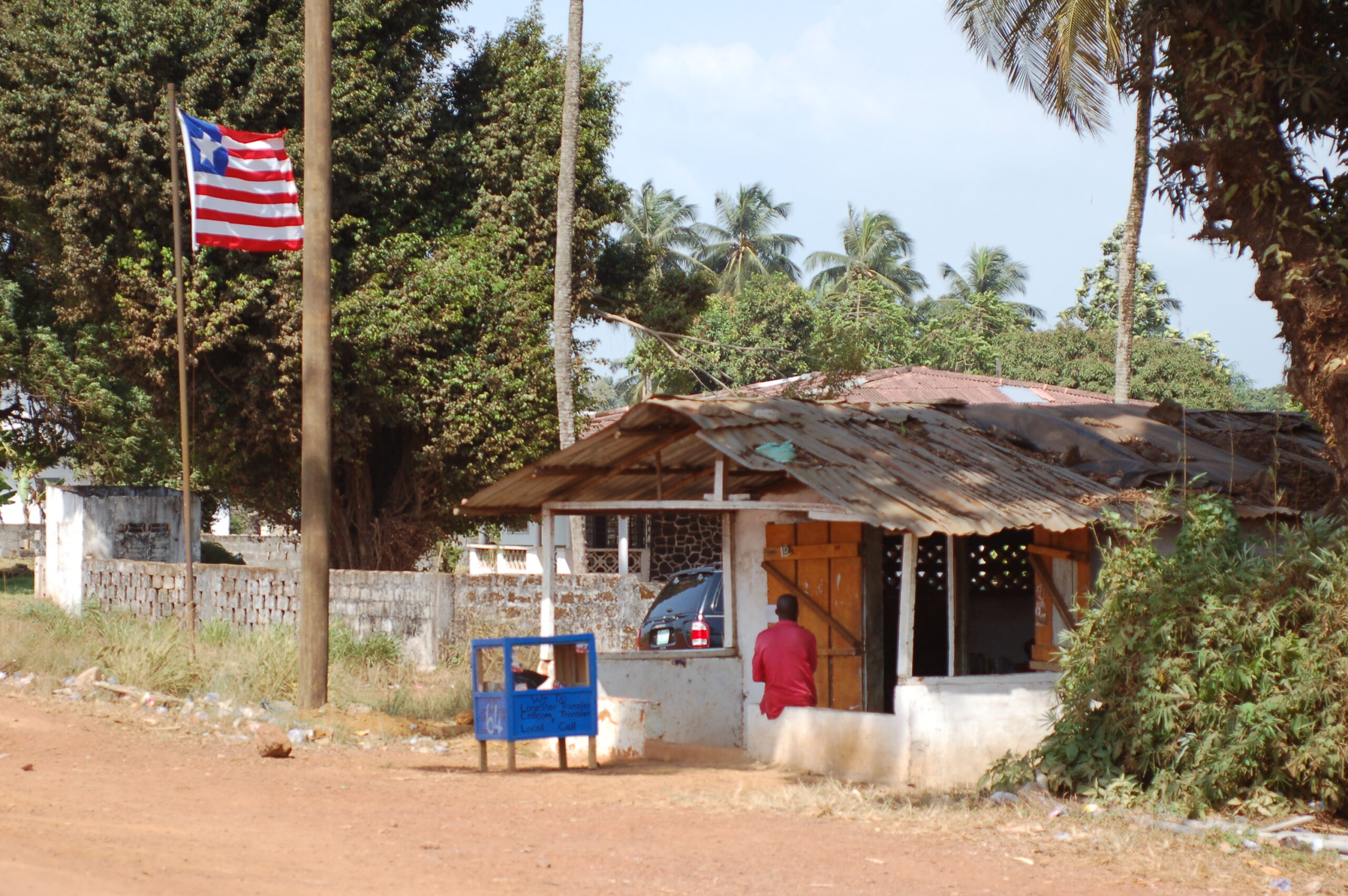
Liberia
Liberia’s civil war between 1989 and 2003 left hundreds of thousands dead, and many more affected by the extreme violence that ravaged the country. We conducted a study in 2010 to gain a deeper understanding of people’s priorities for peacebuilding, their perceptions of post-war security, and existing disputes and dispute resolution mechanisms.
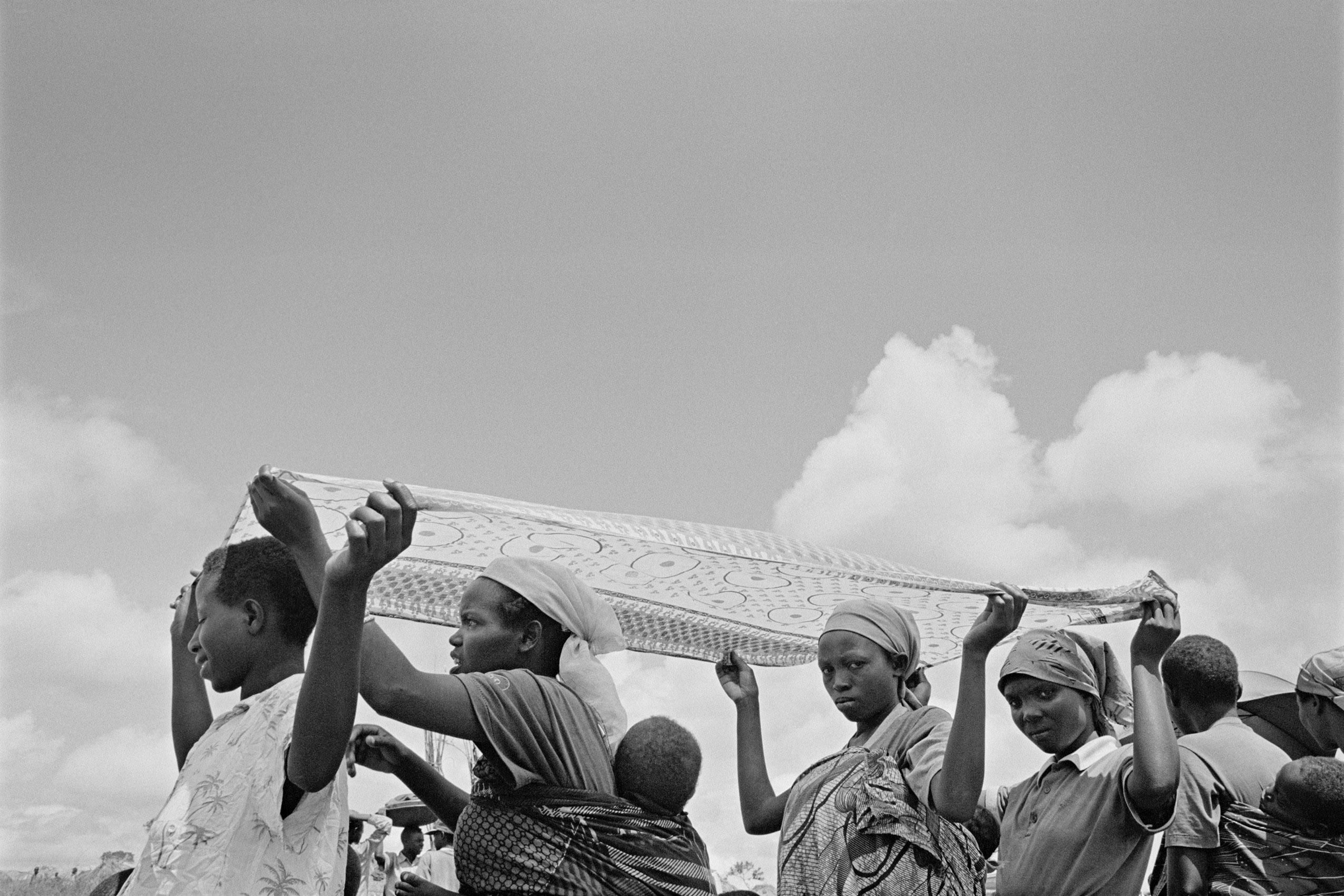
Rwanda
HRC’s work in Rwanda stretches back to 1995, just one year following the genocide when we mapped mass graves with the International Criminal Tribunal for Rwanda. For years after, we studied transitional justice in community contexts and worked with witnesses and survivors of atrocities. We also studied how survivors of mass violence perceive, interpret, and relate to the work of the ad hoc tribunals. HRC sent researchers to work with educators and students to lead a series of working groups to develop new history curriculum in the wake of the genocide. The final document was a resource book for teachers that provided materials and sample lessons for each of four periods: pre-colonial, colonial, post-colonial, and the 1990s.
Left: Families flee extreme violence and instability in Rwanda, 1994. It is unknown what ethnic group these families identify with. Millions of refugees of both Tutsi and Hutu background fled to Tanzania, Uganda, and the Democratic Republic of Congo (then Zaire) during the genocide, and in its aftermath. Image by GIlles Peress.

May 2, 2010
My Neighbor, My Enemy: Justice and Community in the Aftermath of Mass Atrocity
View Publication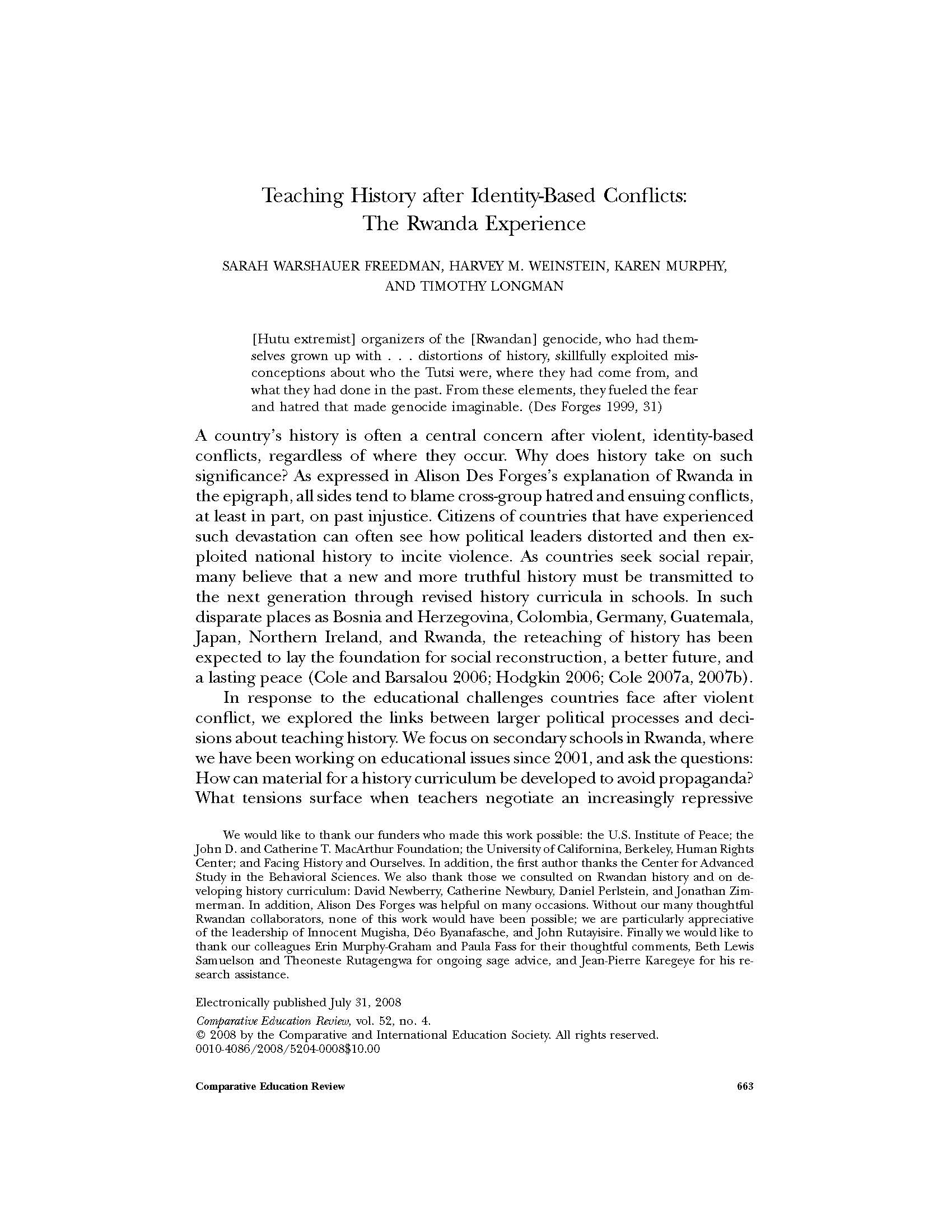
November 1, 2008
Teaching History after Identity‐Based Conflicts: The Rwanda Experience
View Publication
March 1, 2007
School Voices: Challenges Facing Education Systems after Identity-Based Conflicts
View Publication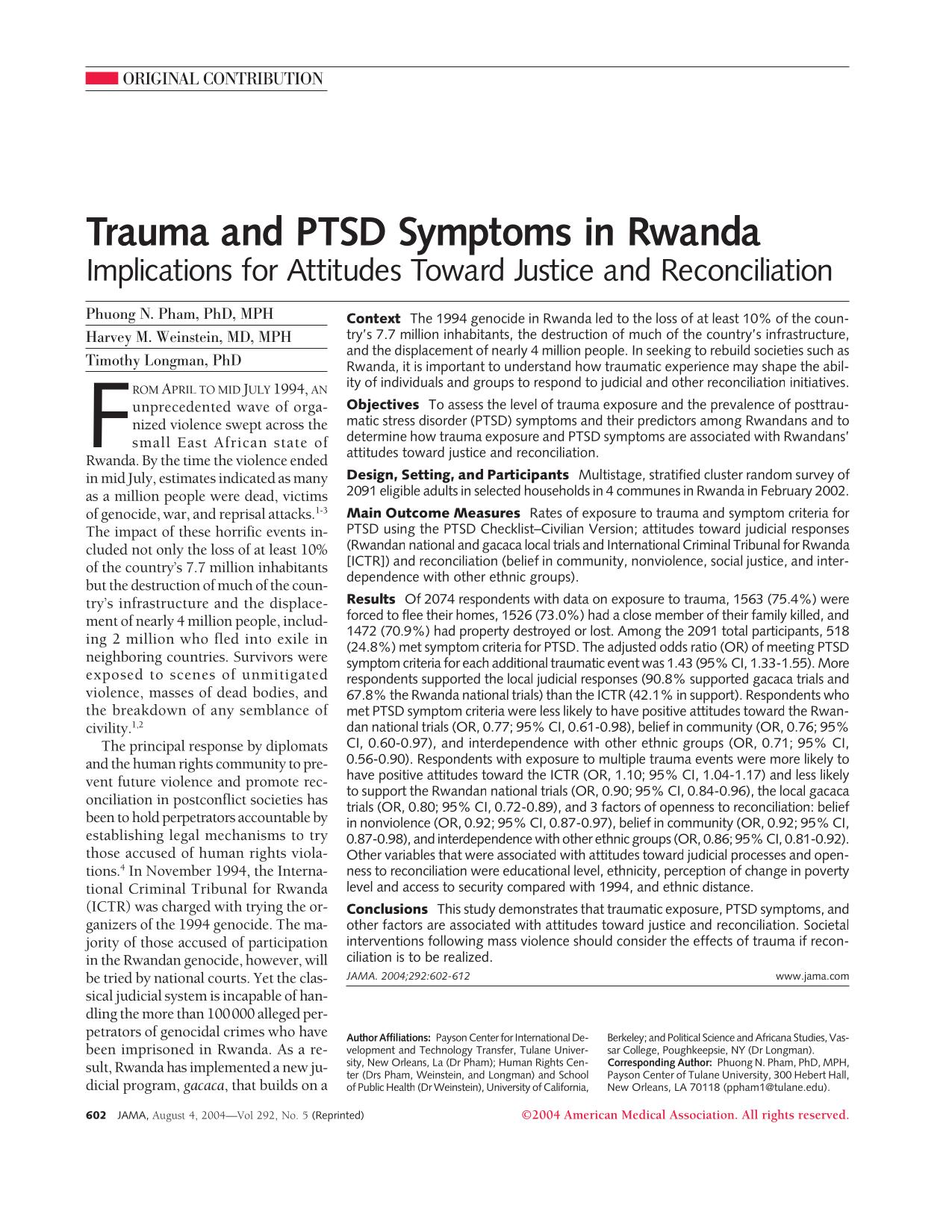
August 4, 2004
Trauma and PTSD Symptoms in Rwanda: Implications for Attitudes Toward Justice and Reconciliation
View Publication
December 1, 2002
The Missing in the Aftermath of War: When Do the Needs of Victims’ Families and International War Crimes Tribunals Clash?
View Publication
January 1, 2001
Breaking Bread with the Dead
View Publication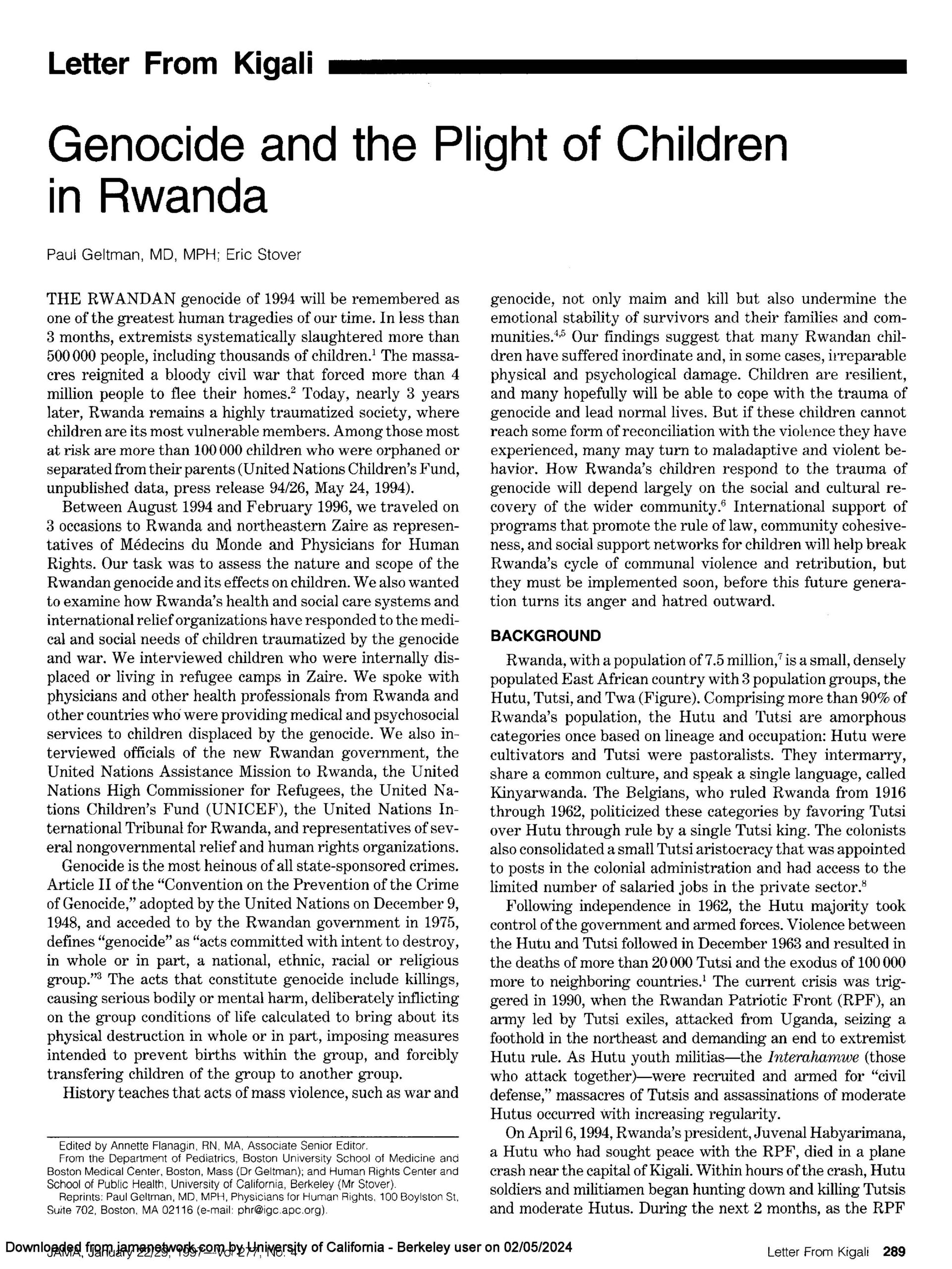
January 27, 1997
Genocide and the Plight of Children in Rwanda
View Publication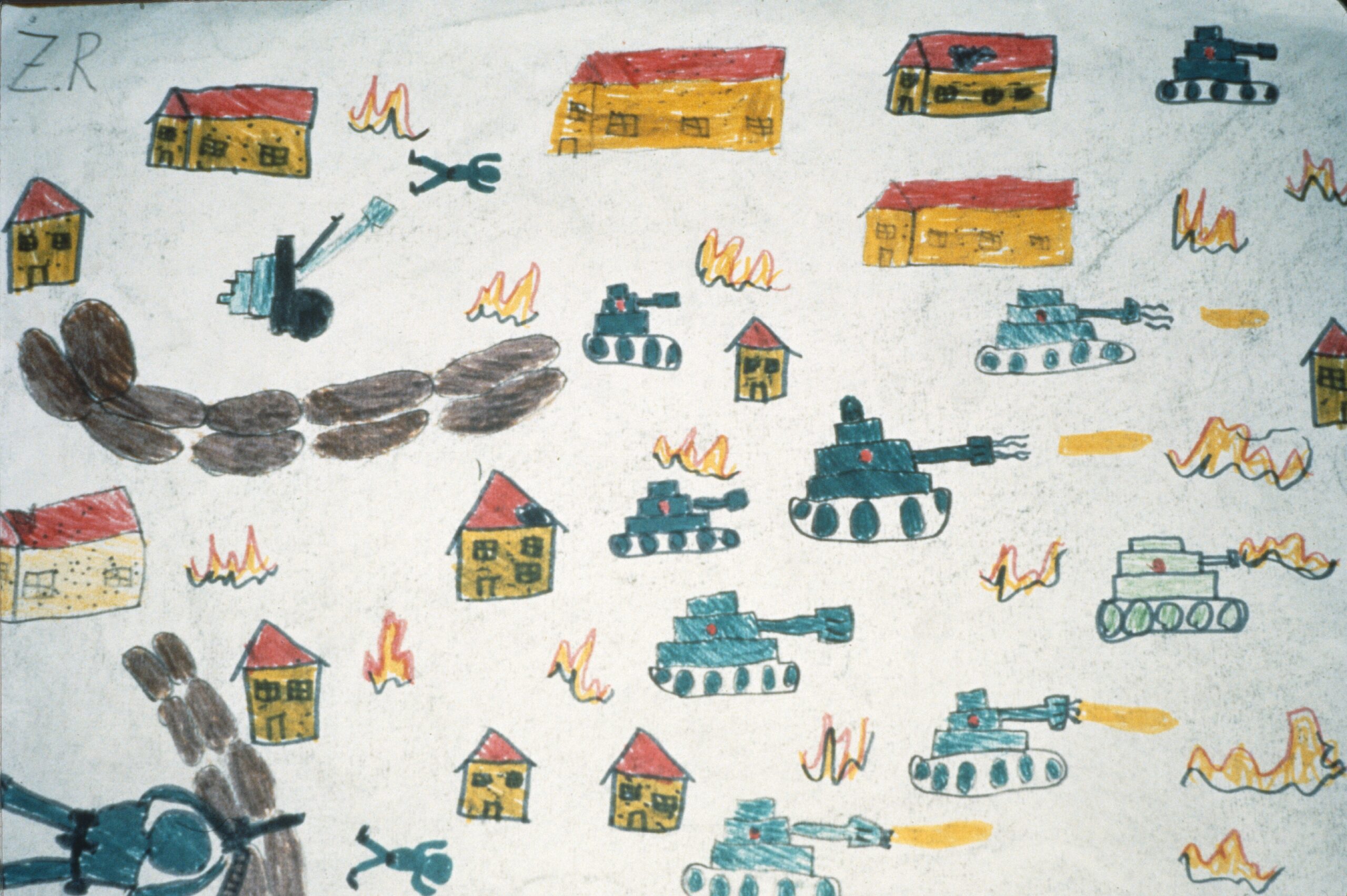
Uganda
The Human Rights Center conducted research in northern Uganda for many years, where the Lord’s Resistance Army (LRA) waged a brutal war costing thousands of lives and displacing more than 1.5 million people. We conducted several projects to document the level of violence witnessed by children and their families, and assess what kinds of justice mechanisms were most likely to bring peace. We also worked with the MacArthur Foundation to fund the Pader Girls Academy, a school built to serve girls who had escaped the Lord’s Resistance Army. Learn more about Pader Girls Academy here.

November 1, 2015
The Victims’ Court: A Study of 622 Victim Participants at the International Criminal Court
View Publication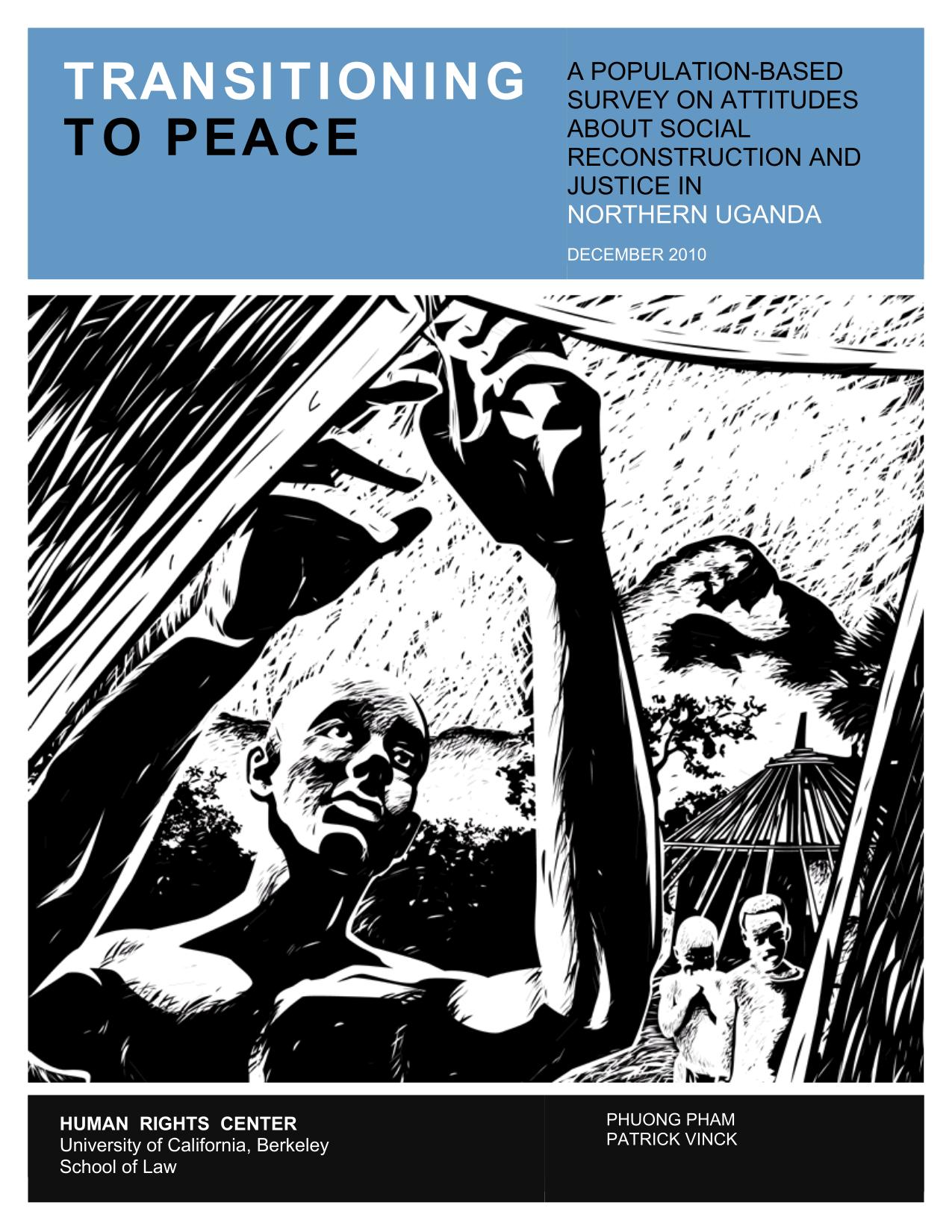
December 1, 2010
Transitioning to Peace: A Population-Based Survey on Attitudes about Social Reconstruction and Justice in Northern Uganda
View Publication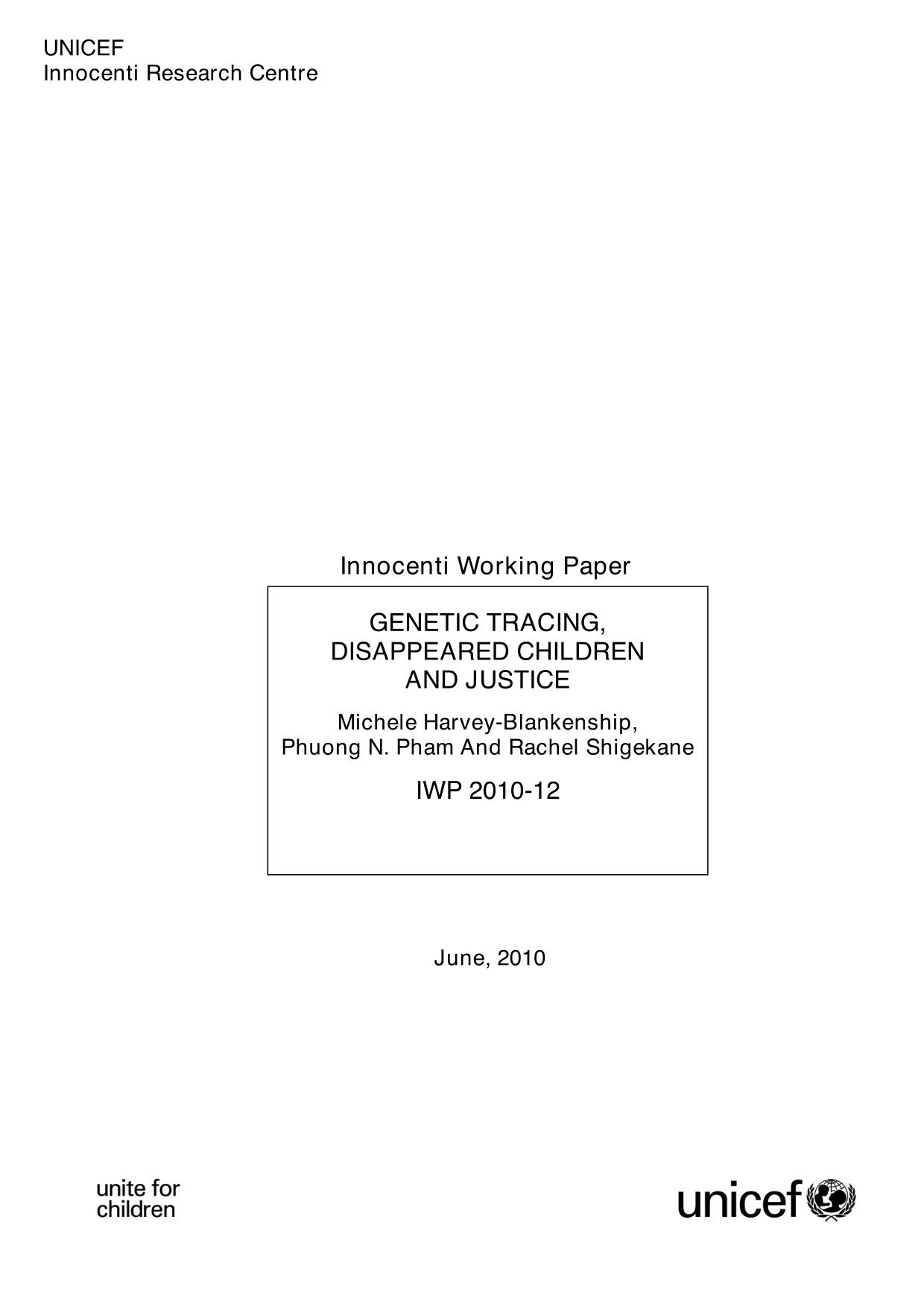
June 1, 2010
Genetic Tracing, Disappeared Children, and Justice
View Publication
January 1, 2010
Human Rights, Transitional Justice, Public Health, and Social Reconstruction
View Publication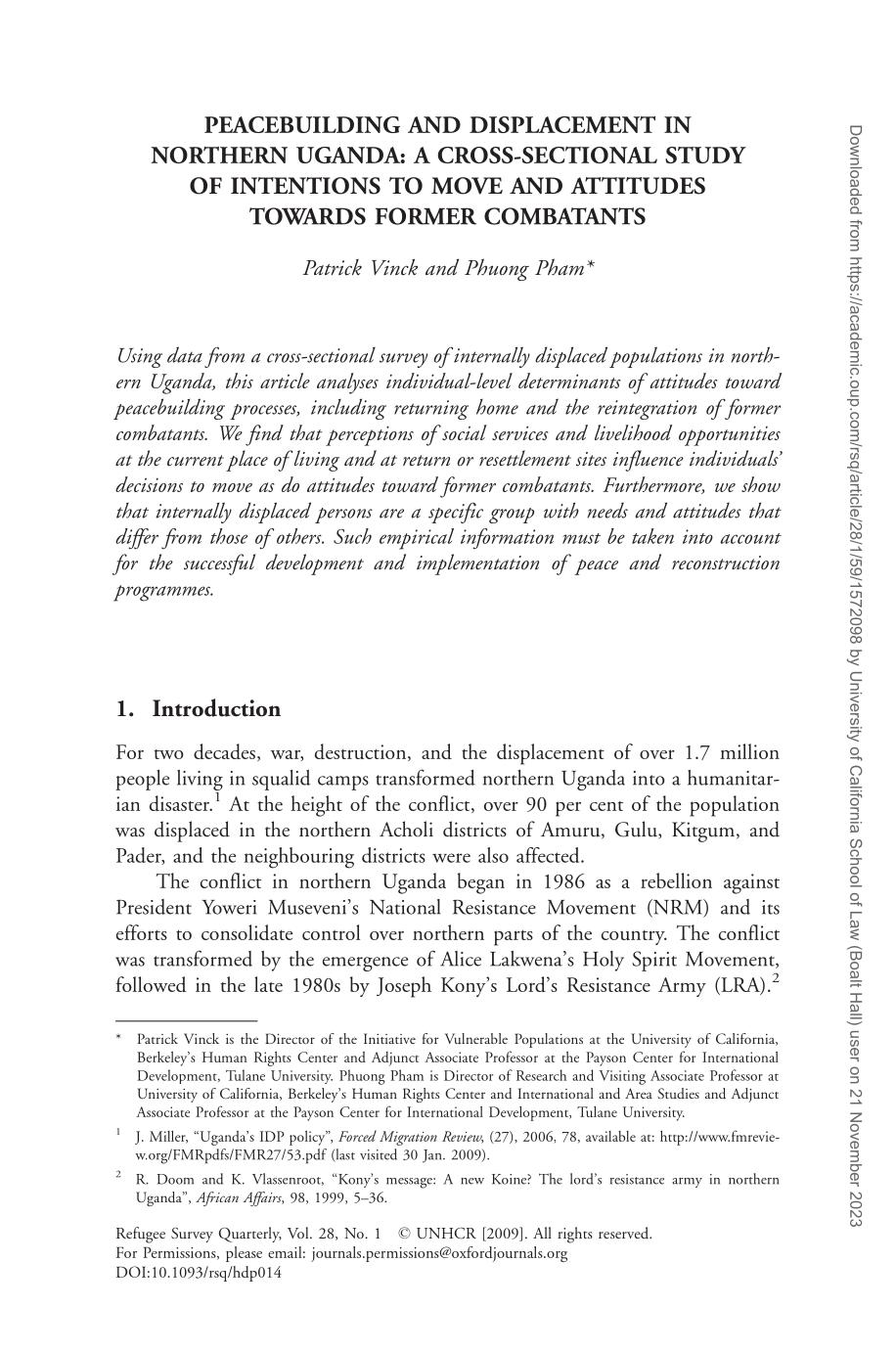
June 15, 2009
PeaceBuilding and Displacement in Northern Uganda: A Cross-Sectional Study of Intentions to Move and Attitudes towards Former Combatants
View Publication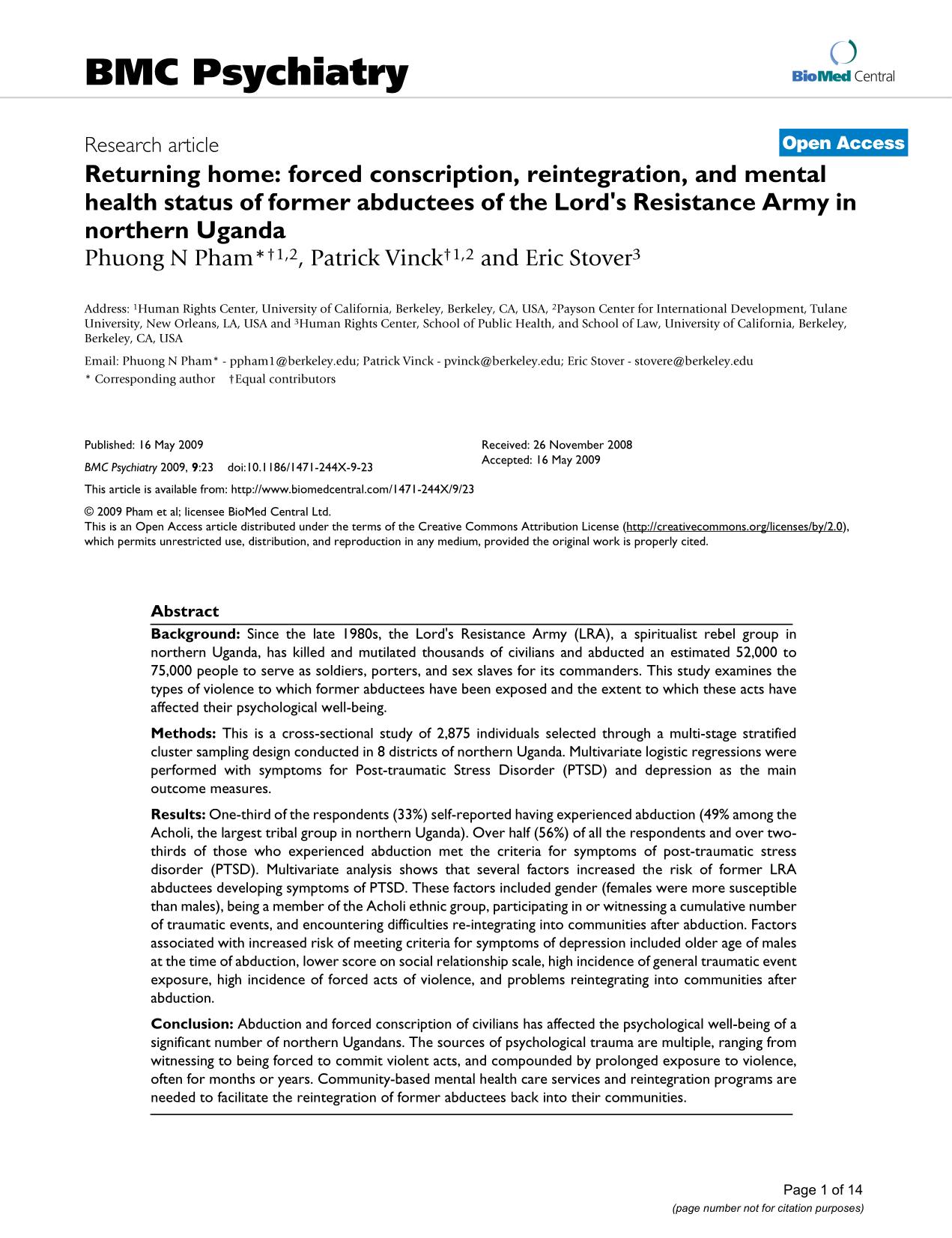
May 16, 2009
Returning Home: Forced Conscription, Reintegration, and Mental Health Status of Former Abductees of the Lord’s Resistance Army in Northern Uganda
View Publication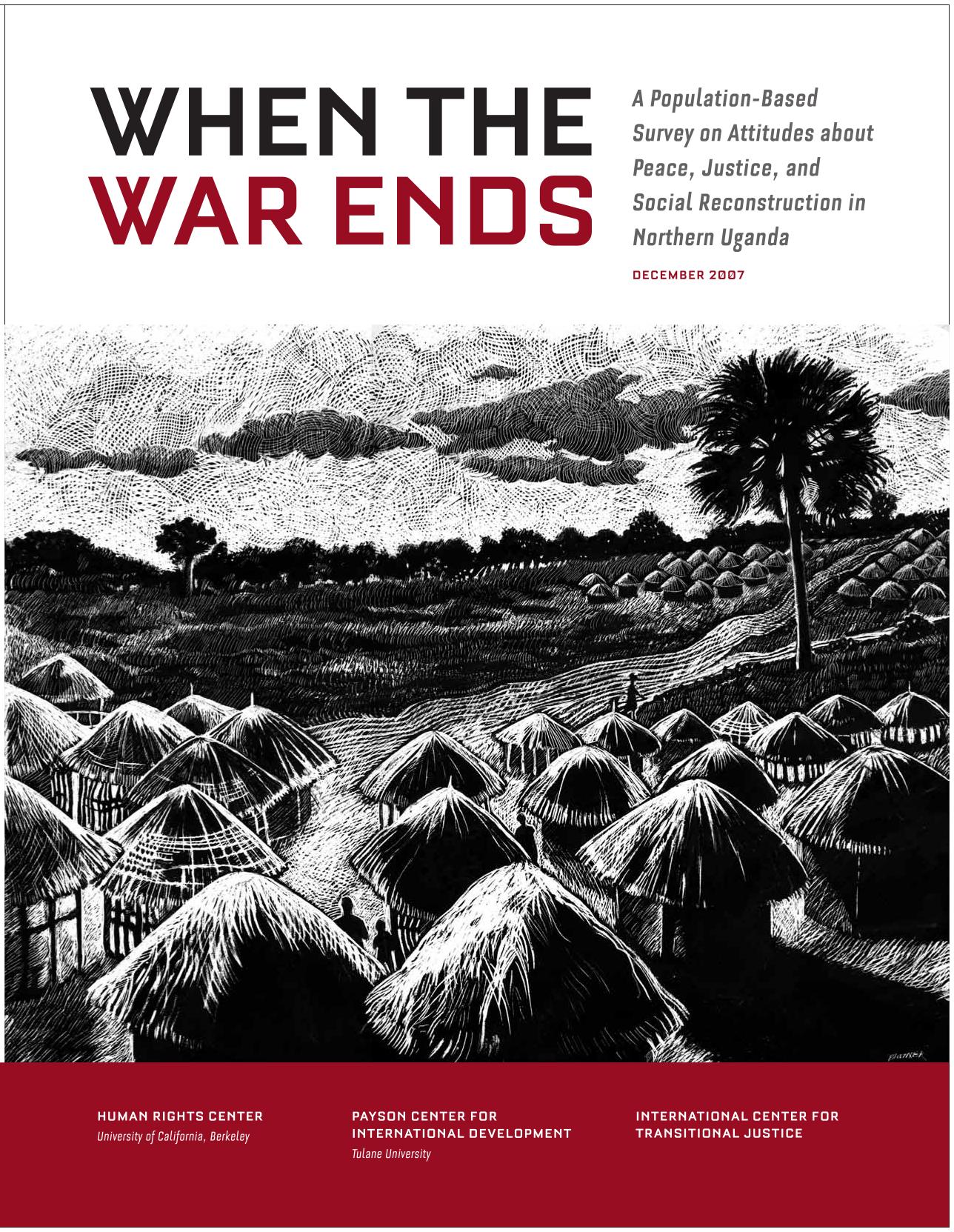
December 1, 2007
When the War Ends: A Population-Based Survey on Attitudes about Peace, Justice, and Social Reconstruction in Northern Uganda
View Publication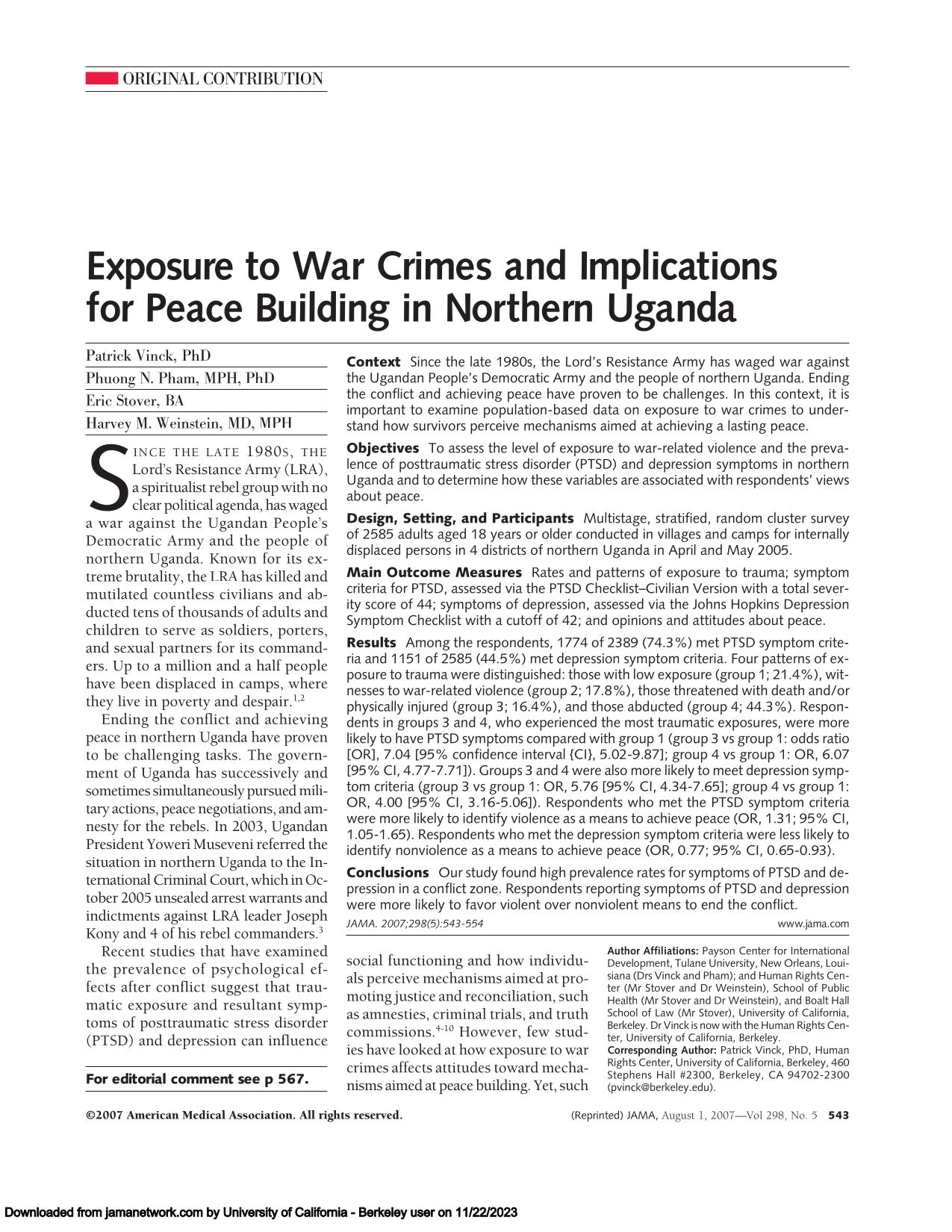
August 1, 2007
Exposure to War Crimes and Implications for Peace Building in Northern Uganda
View Publication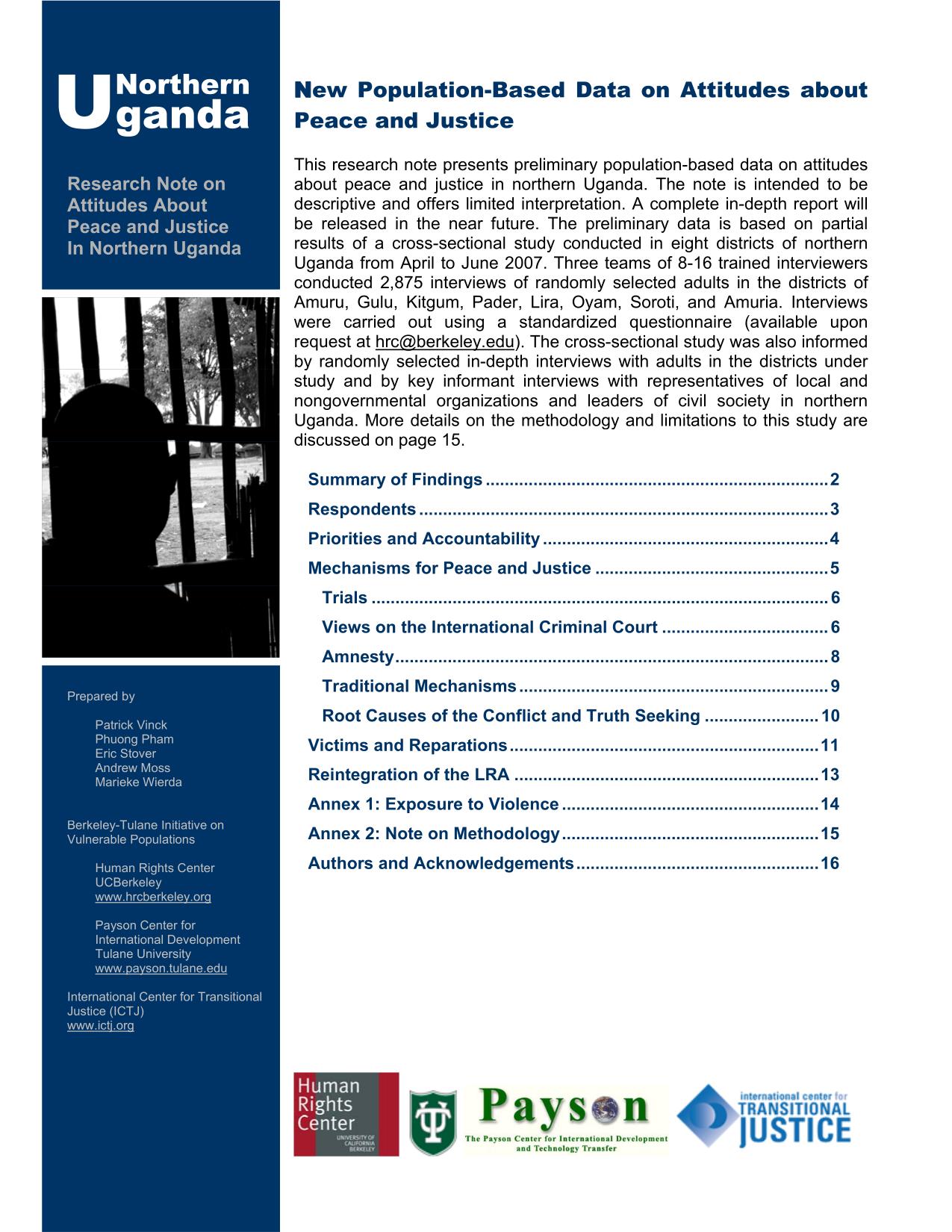
August 1, 2007
Northern Uganda: Research Note on Attitudes about Peace and Justice in Northern Uganda
View Publication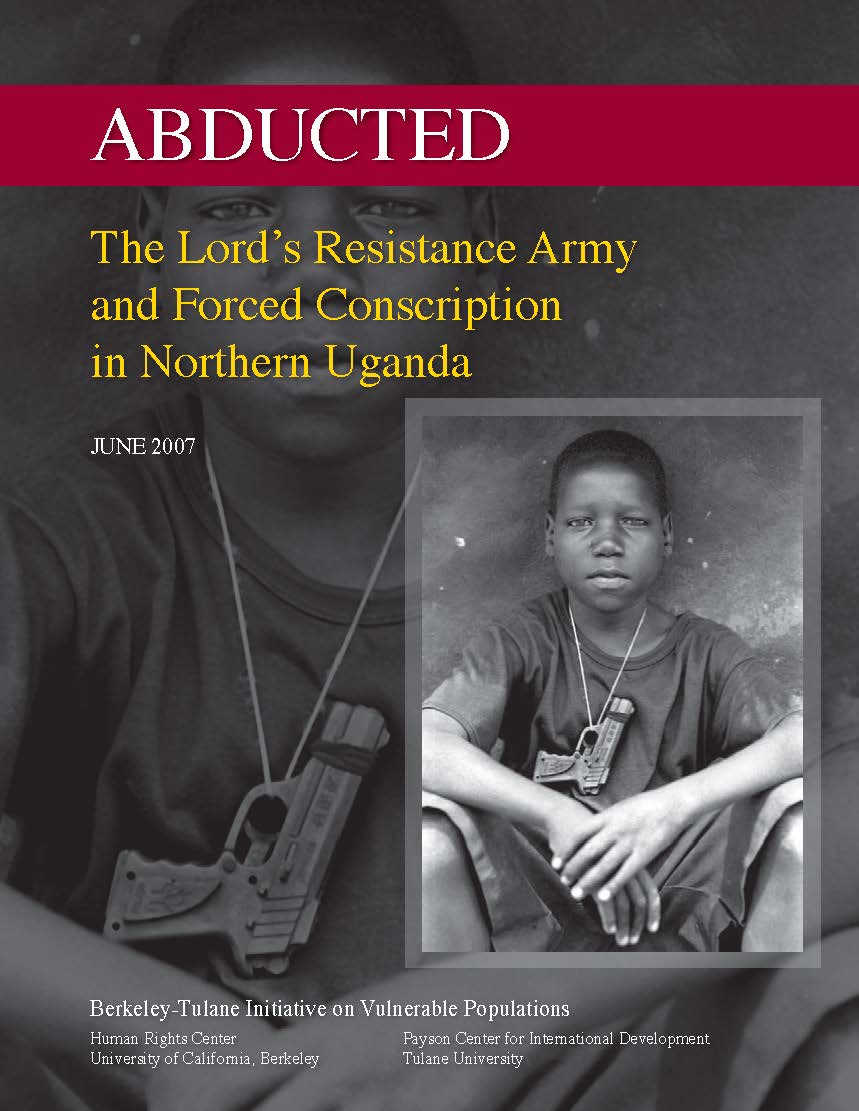
June 1, 2007
Abducted: The Lord’s Resistance Army and Forced Conscription in Northern Uganda
View Publication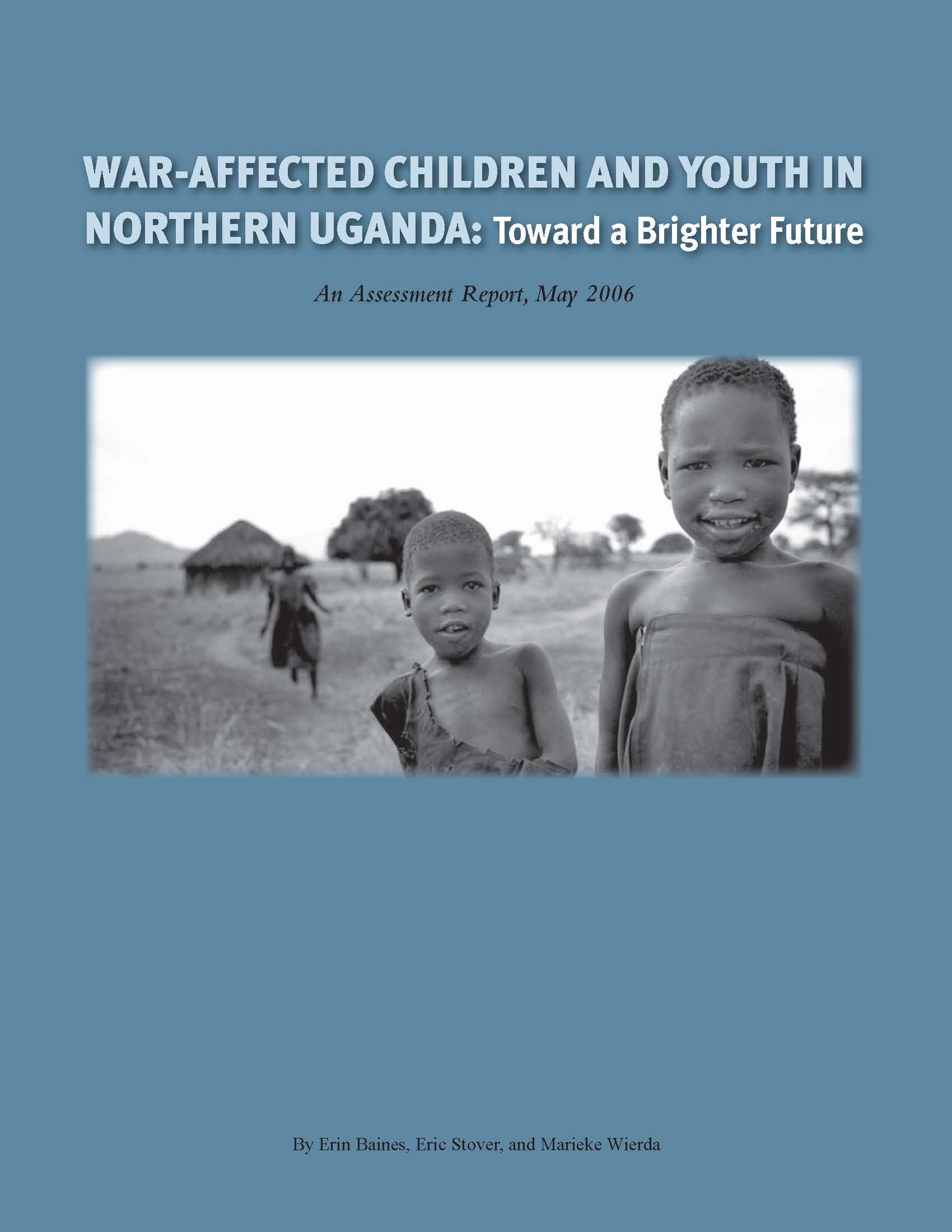
May 1, 2006
War-Affected Children and Youth in Northern Uganda: Toward a Brighter Future
View Publication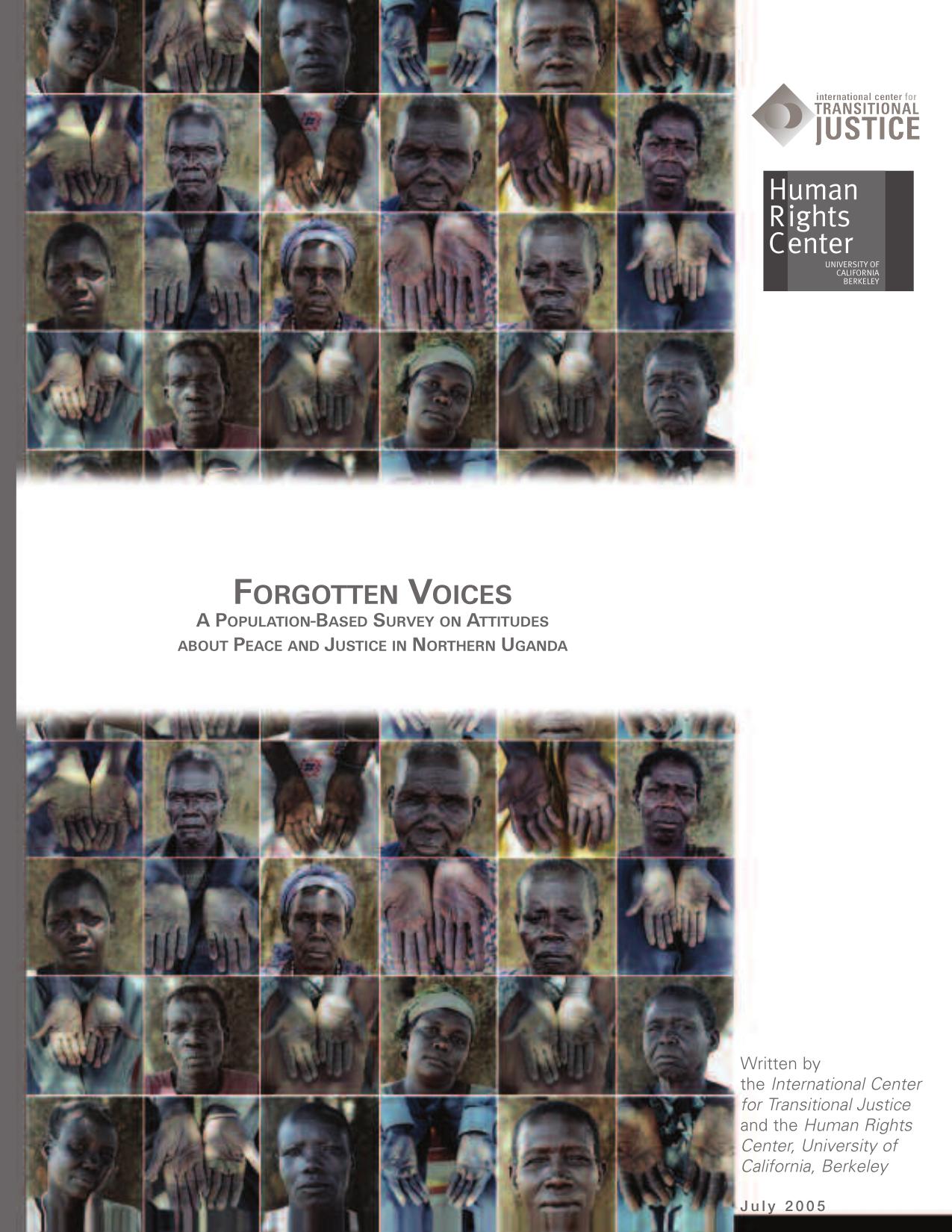
July 1, 2005
Forgotten Voices: A Population-Based Survey on Attitudes about Peace and Justice in Northern Uganda
View Publication